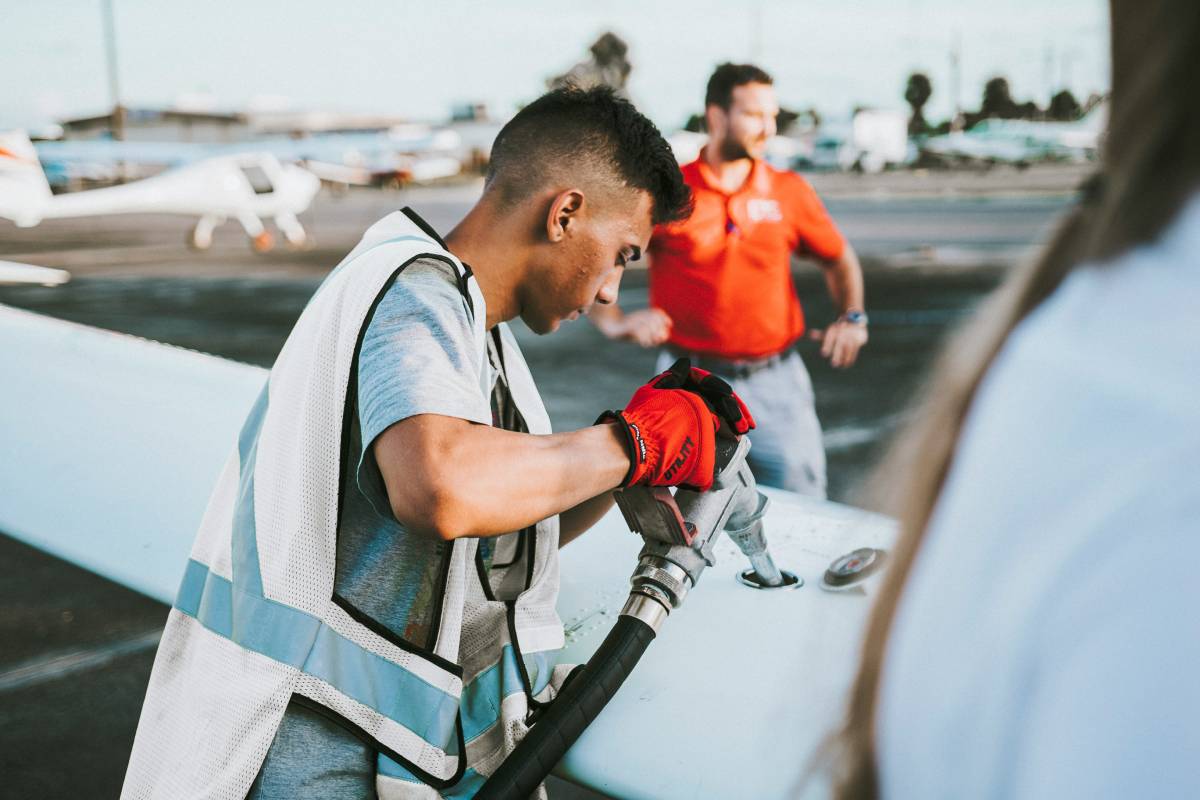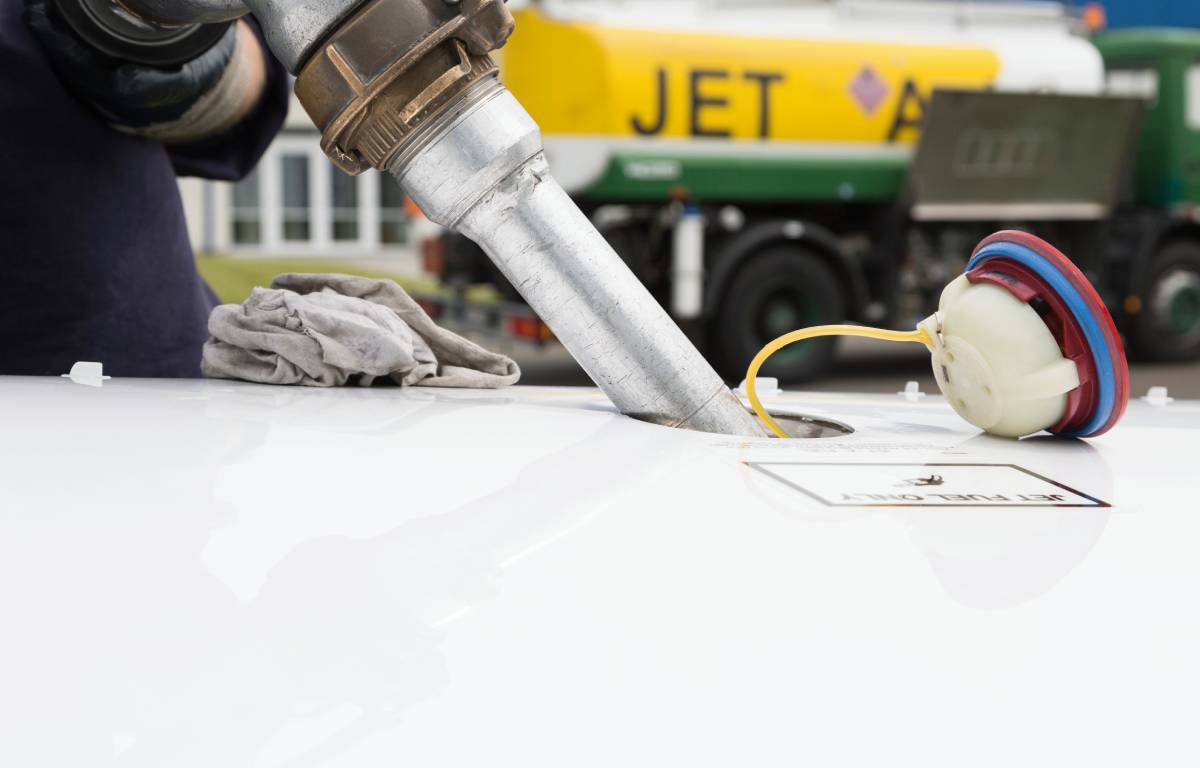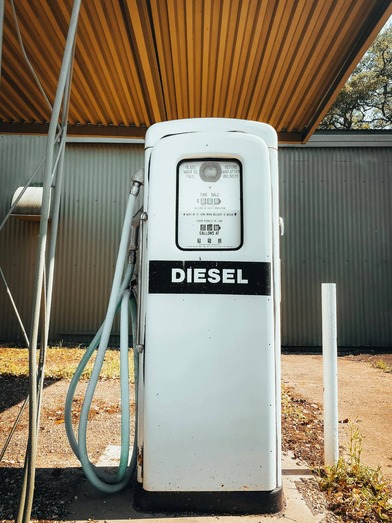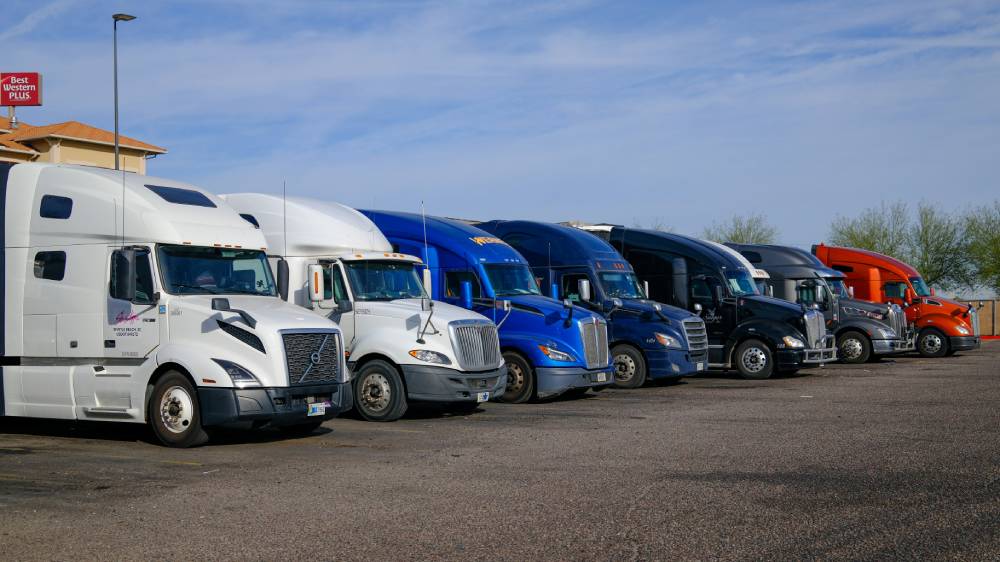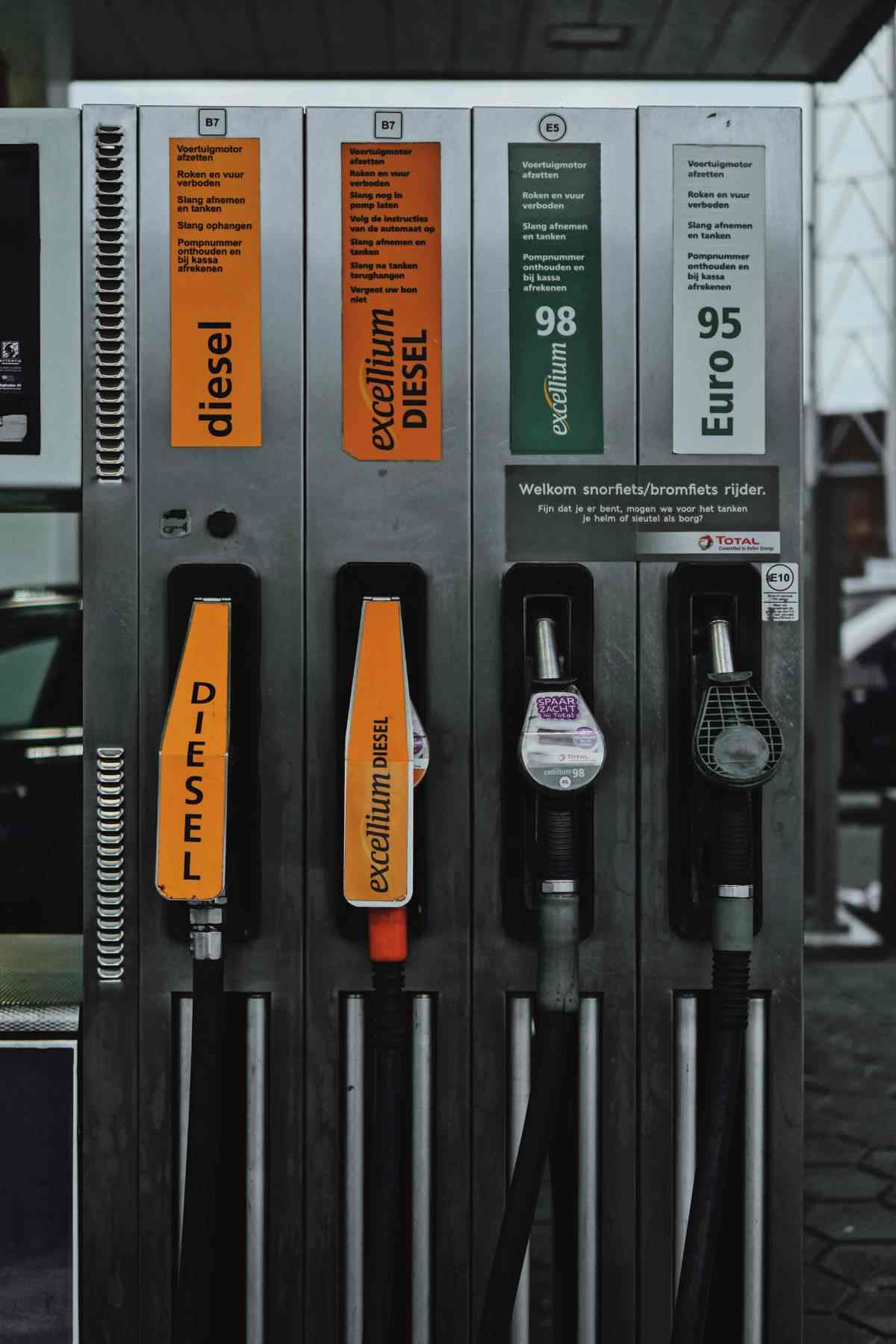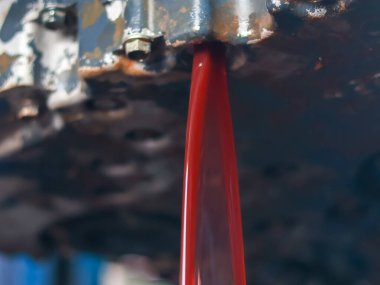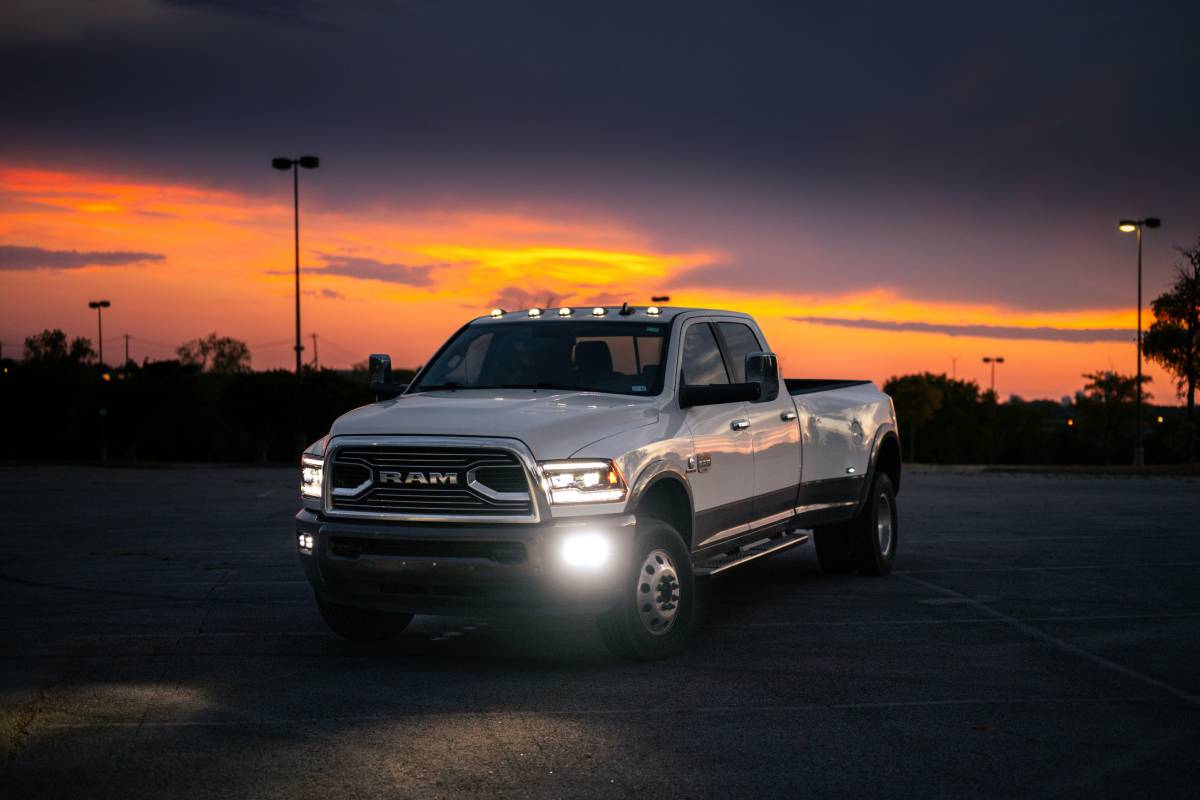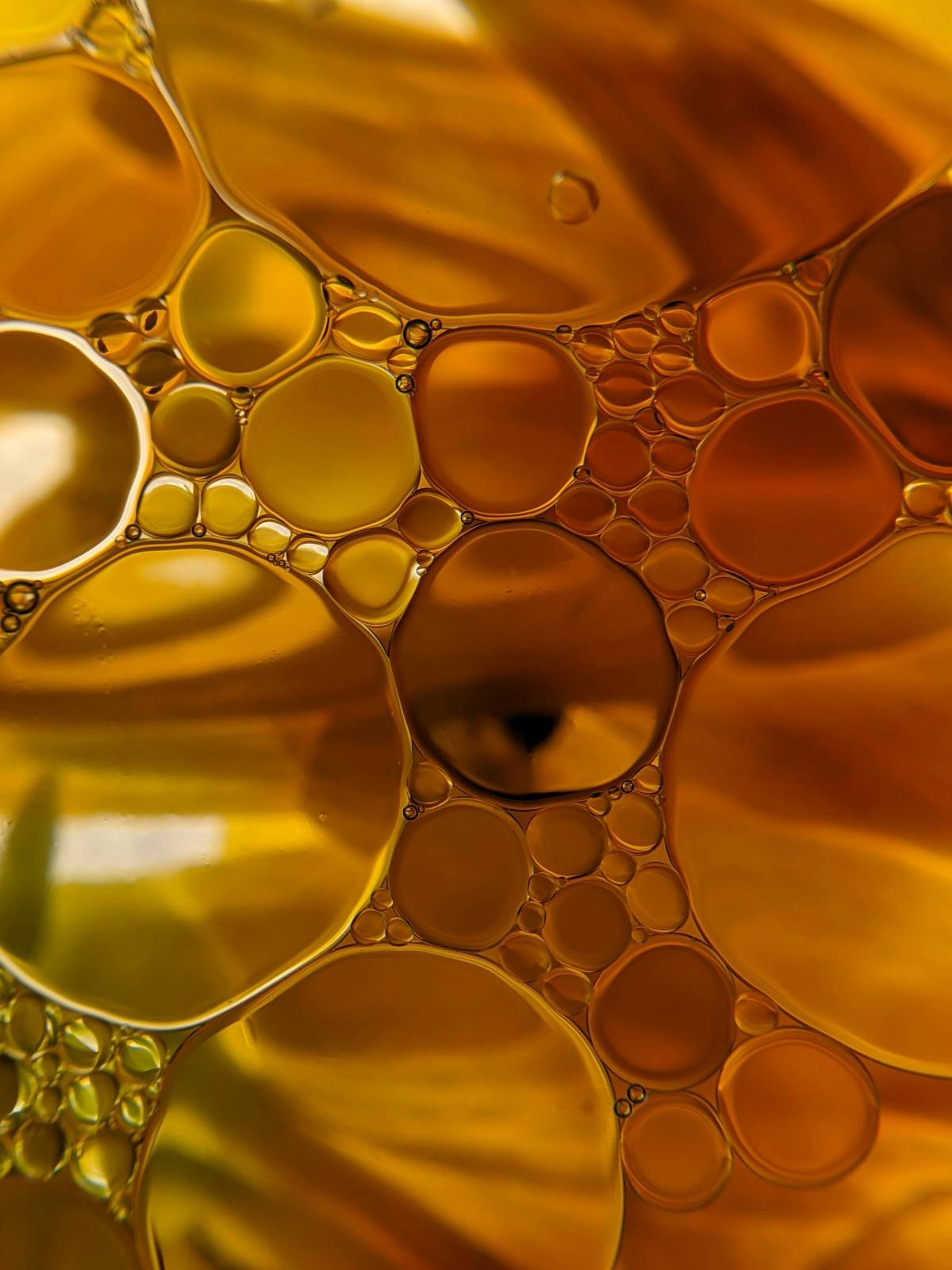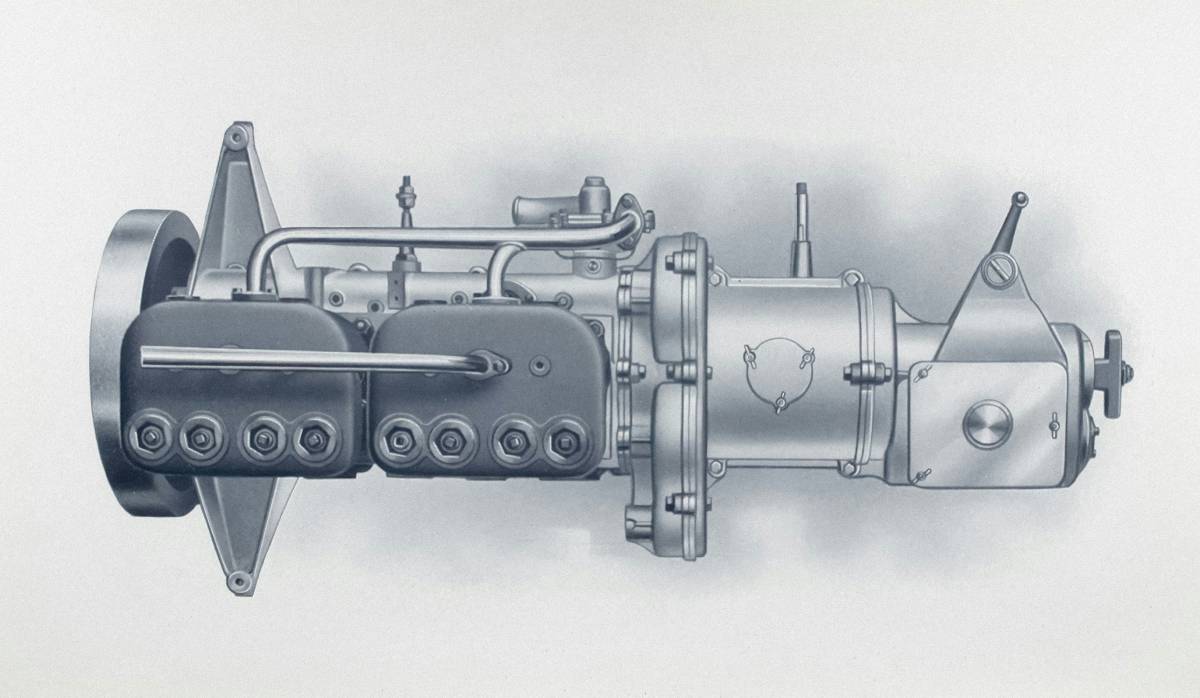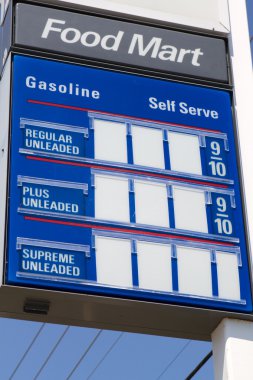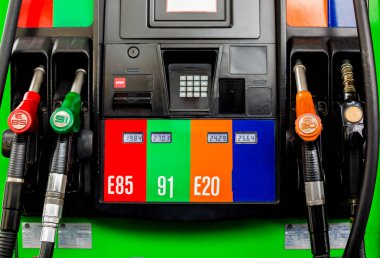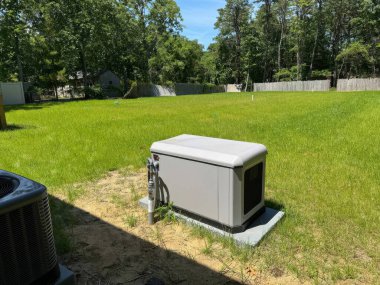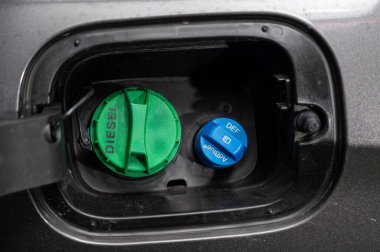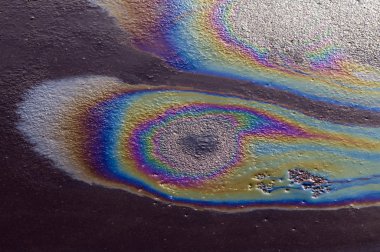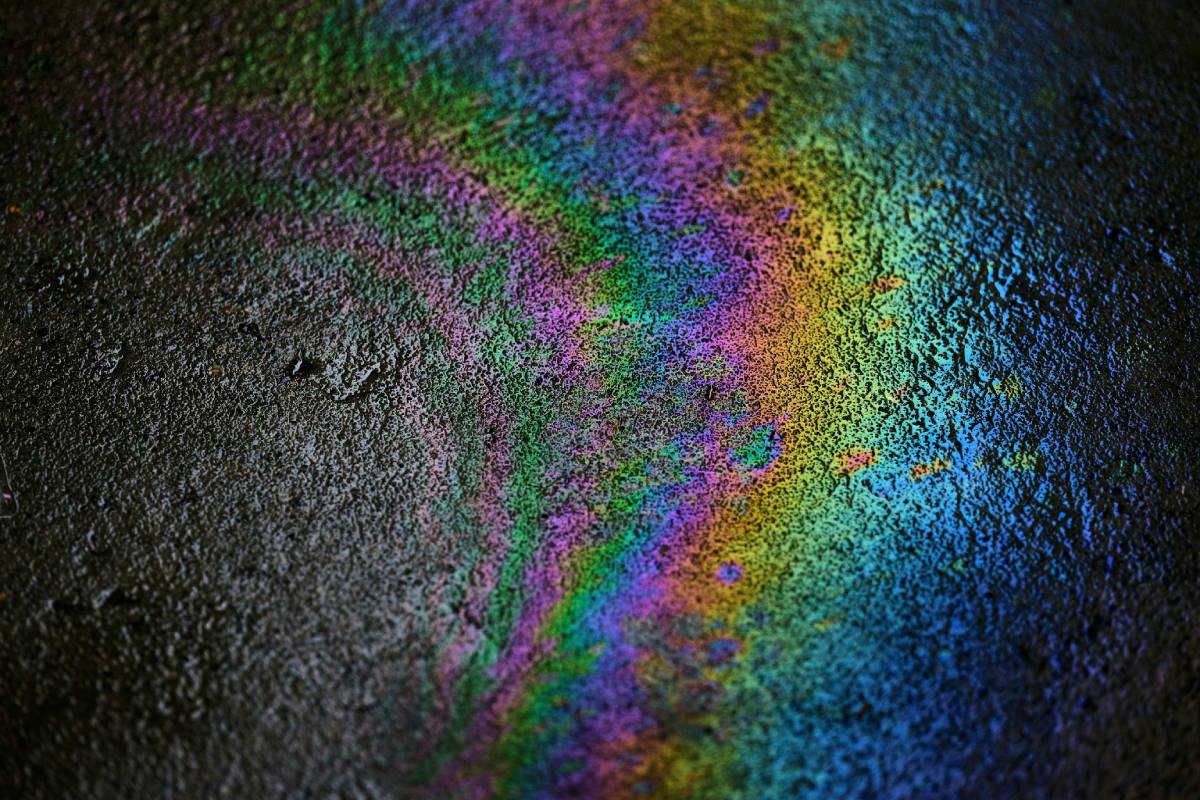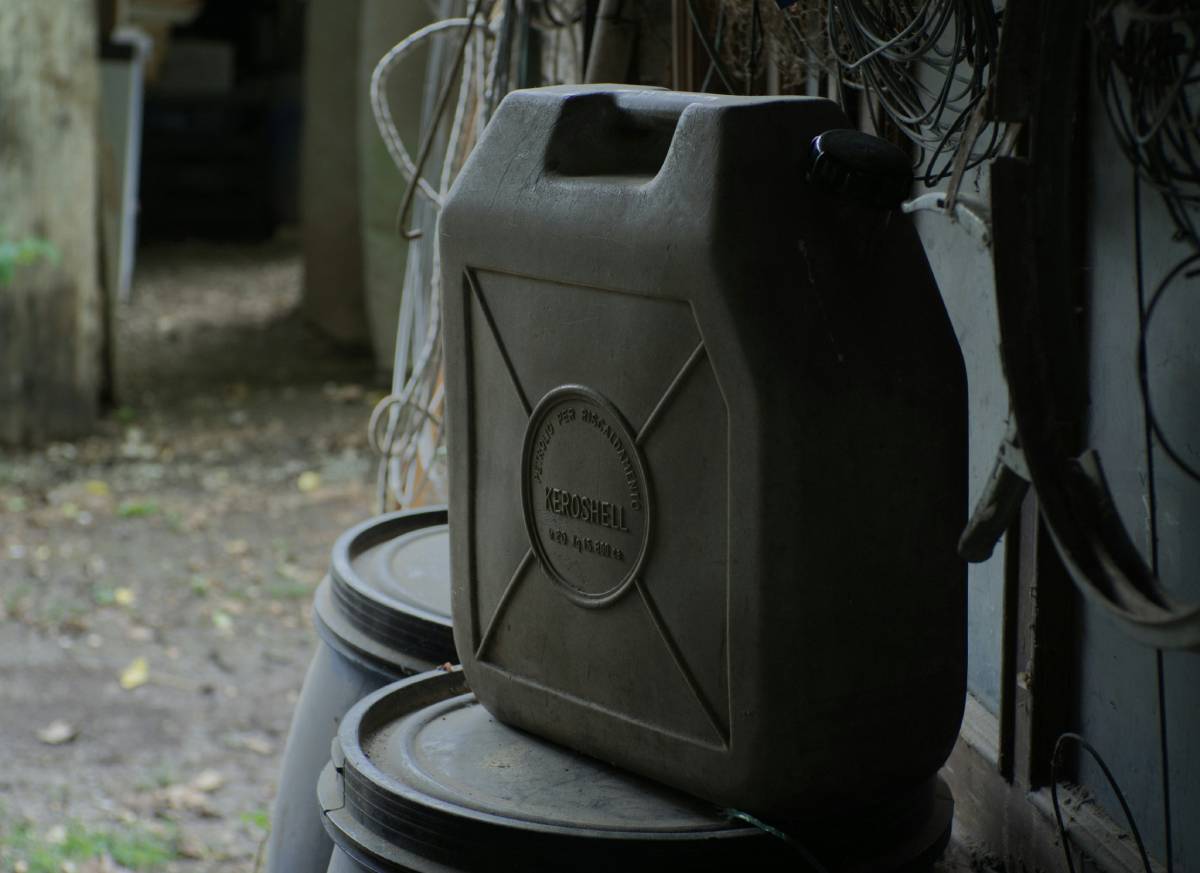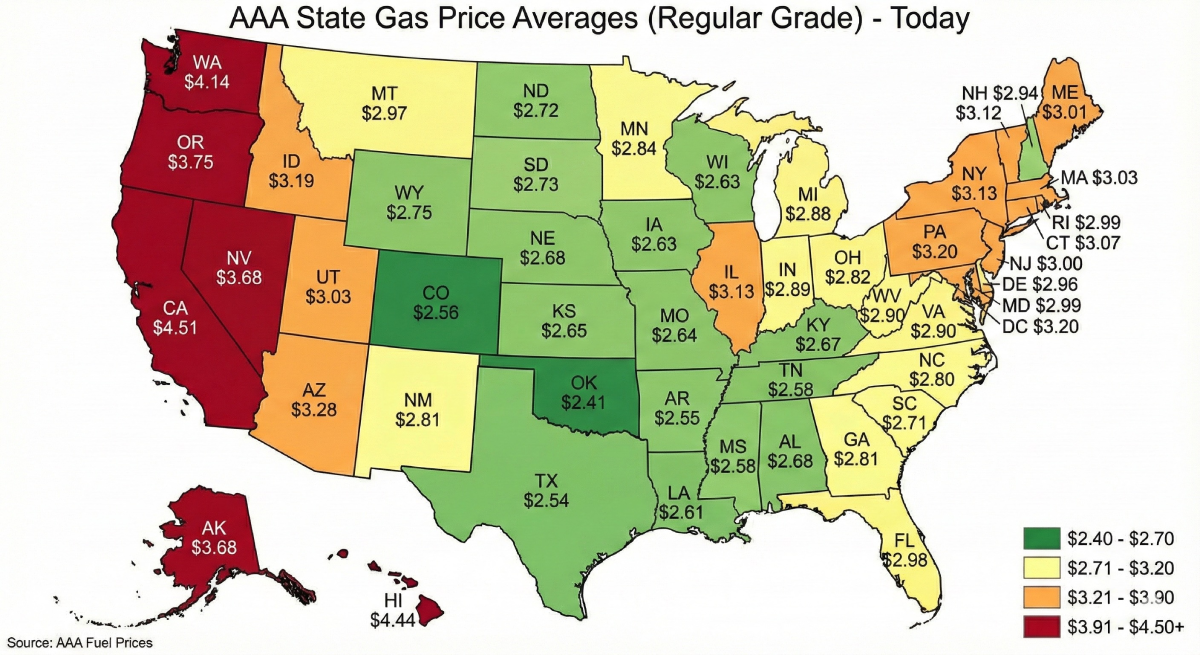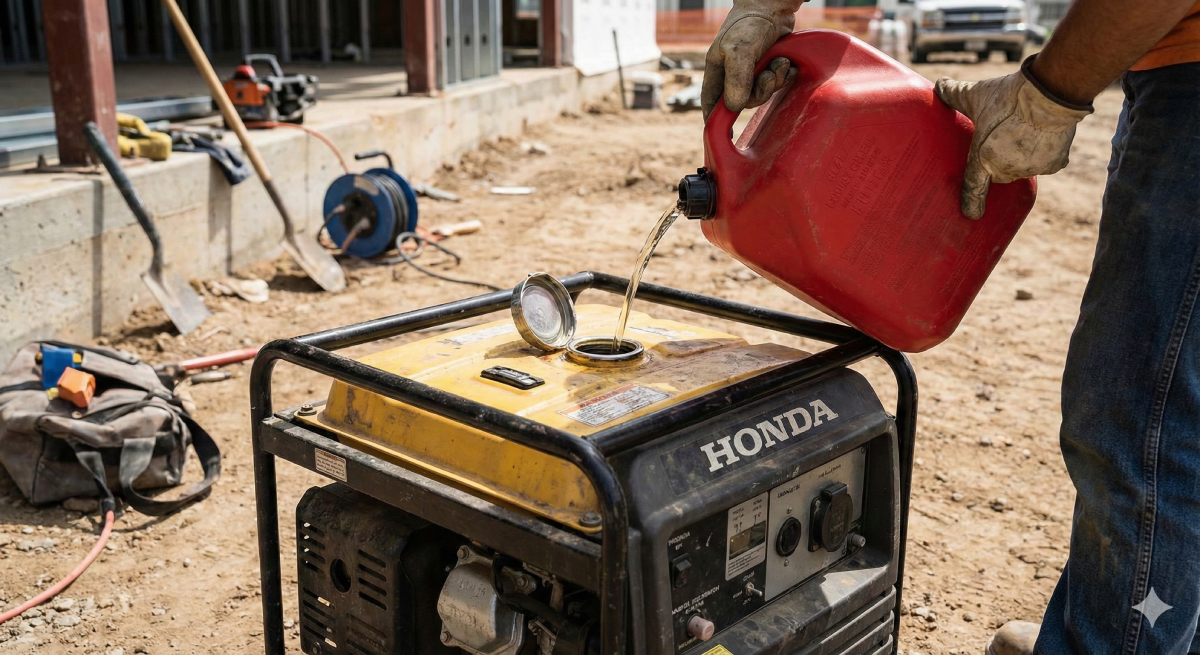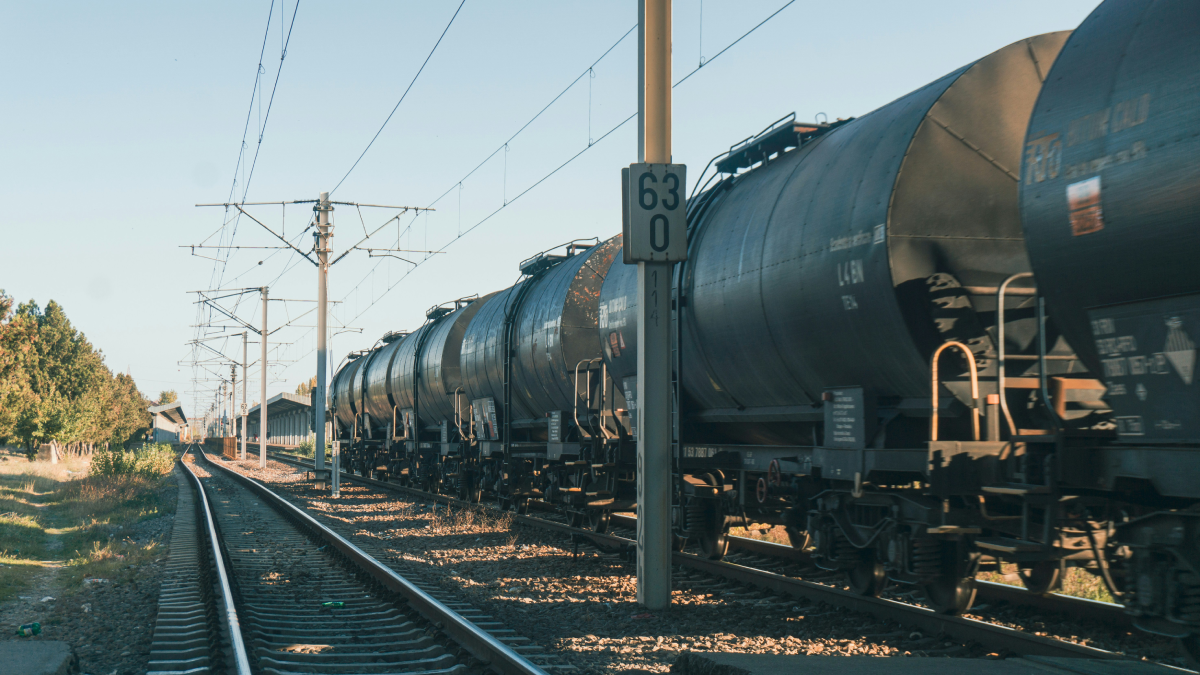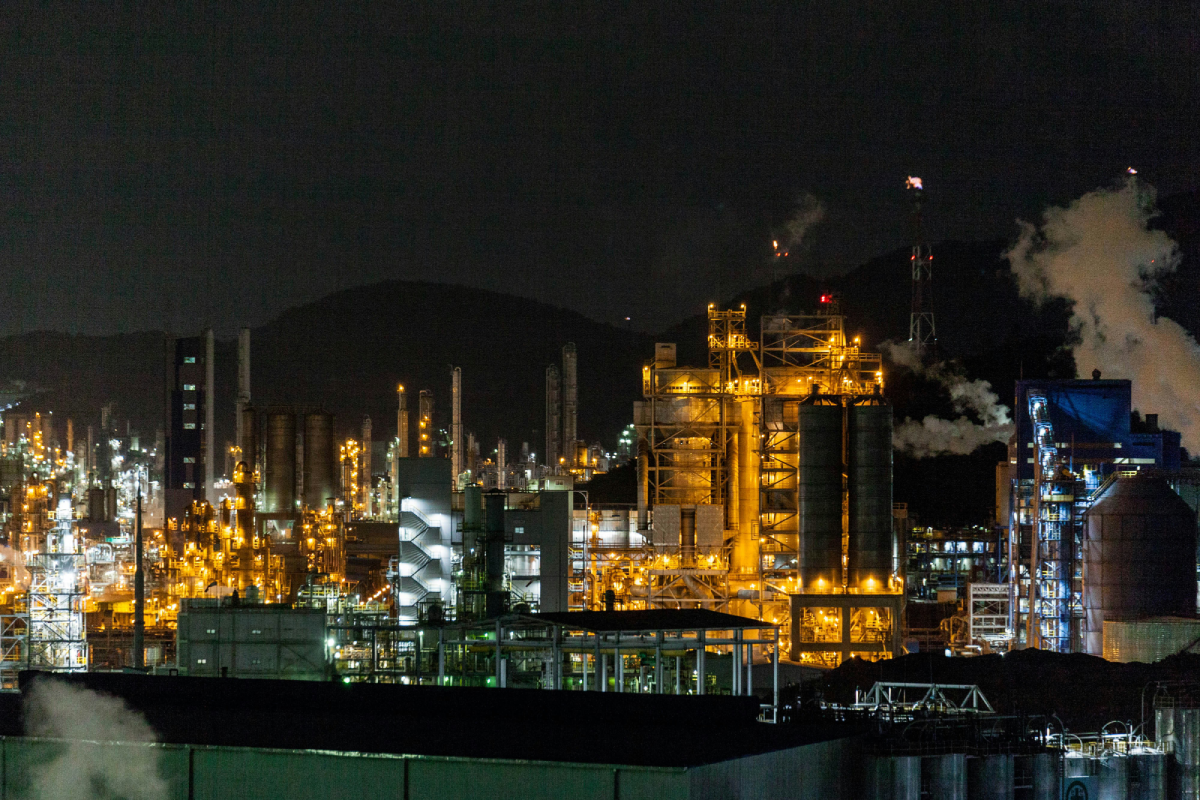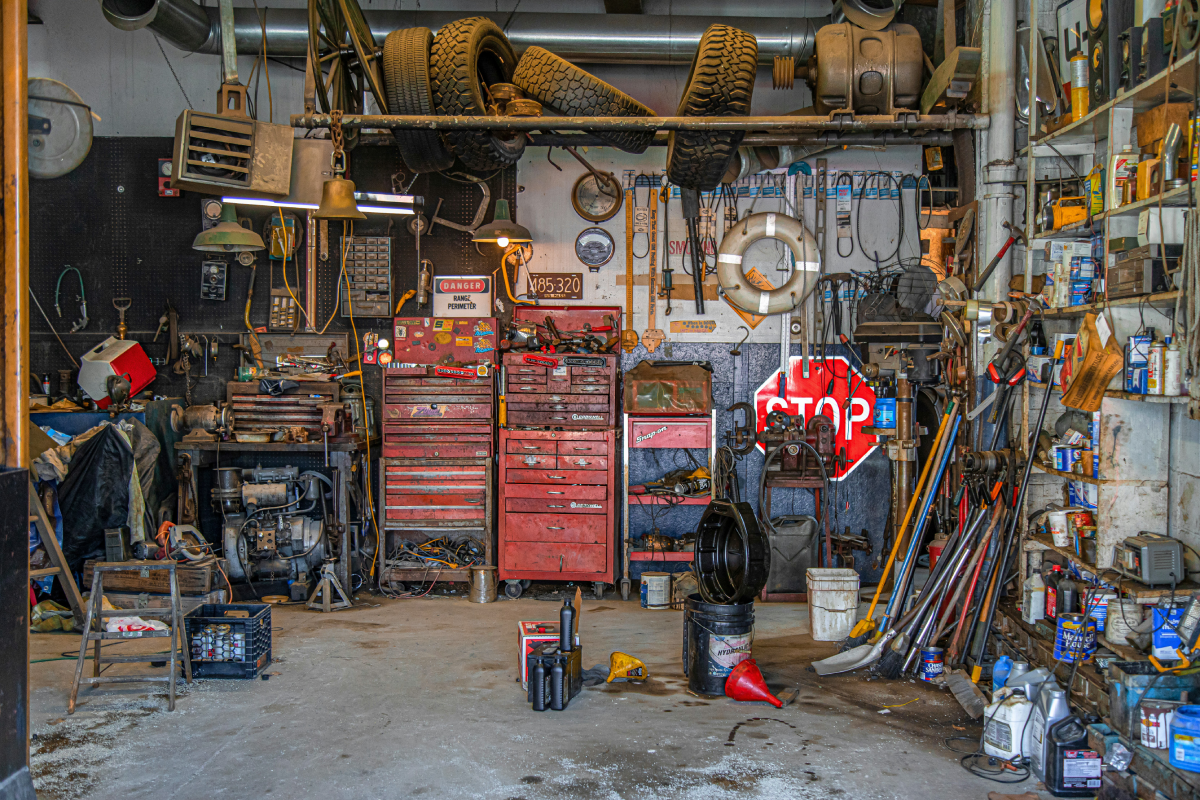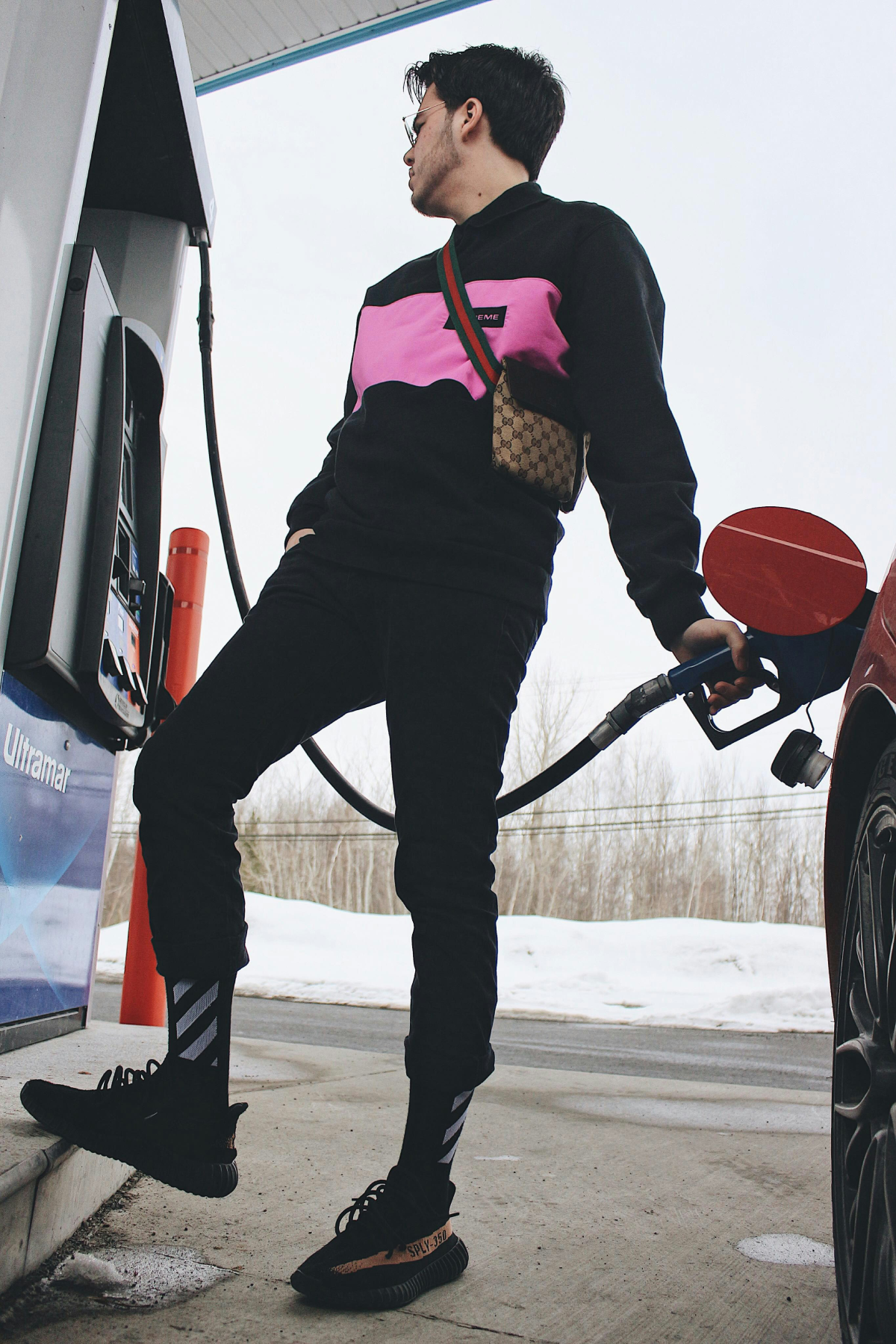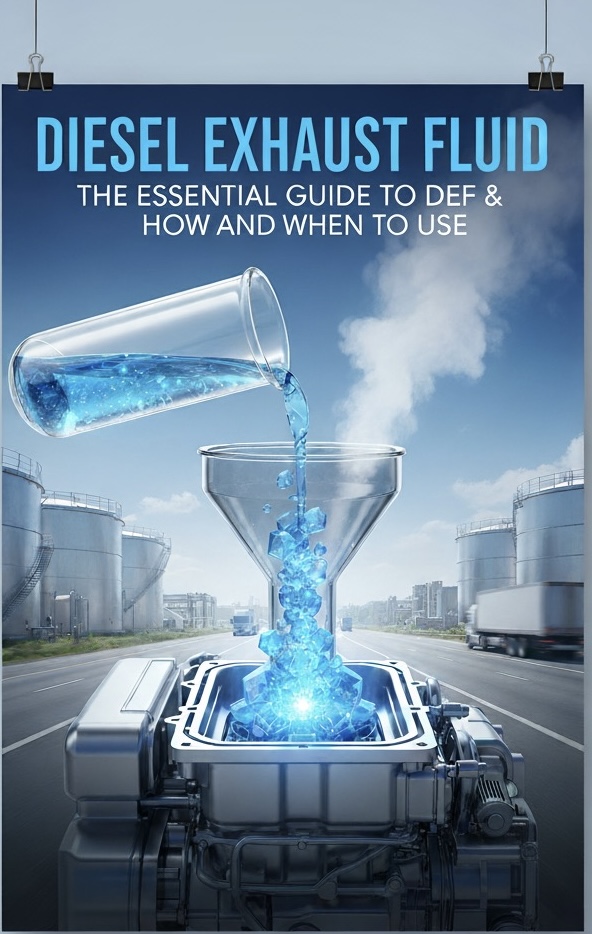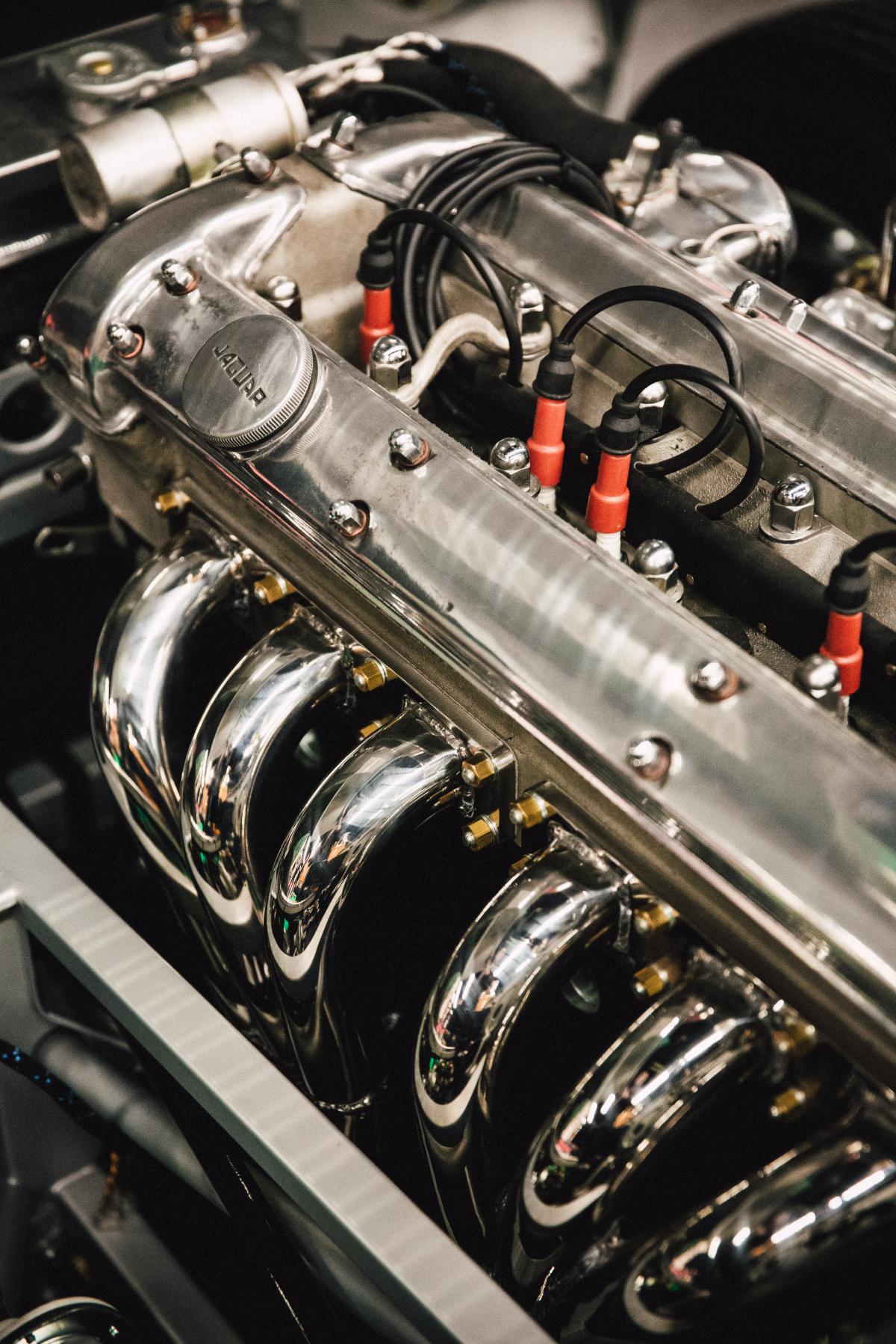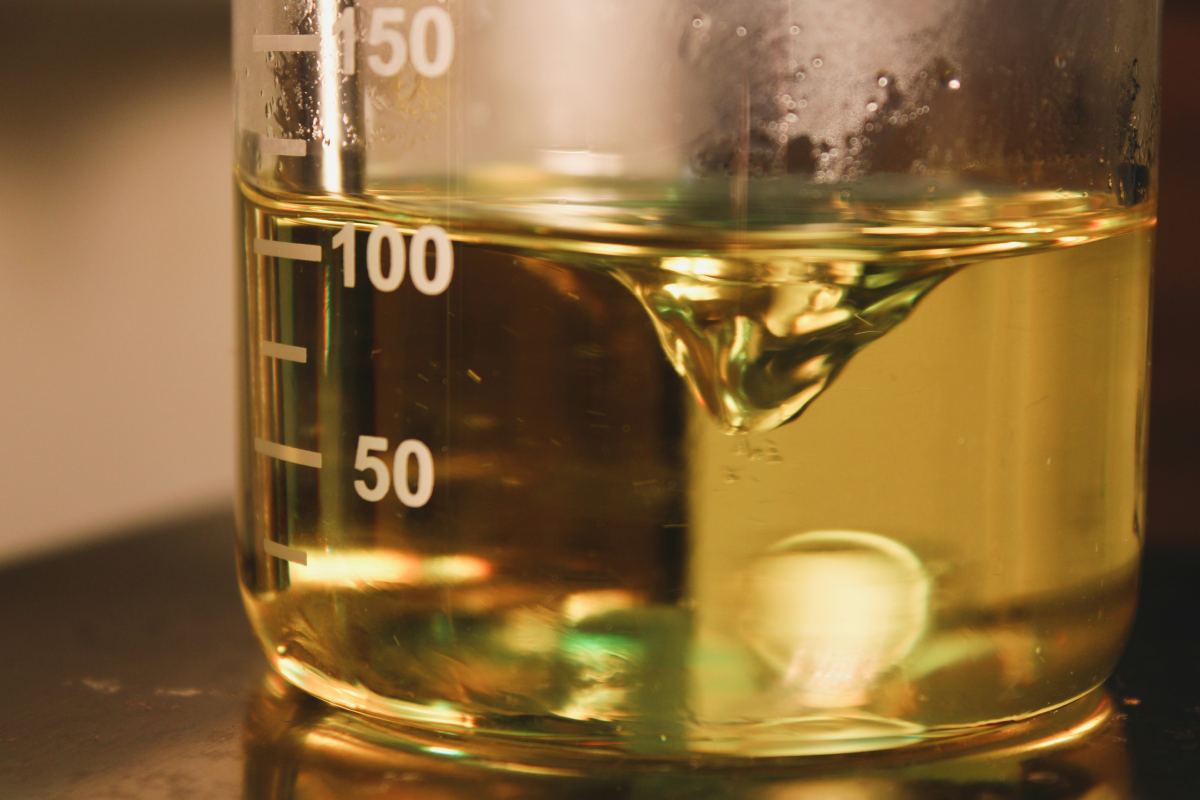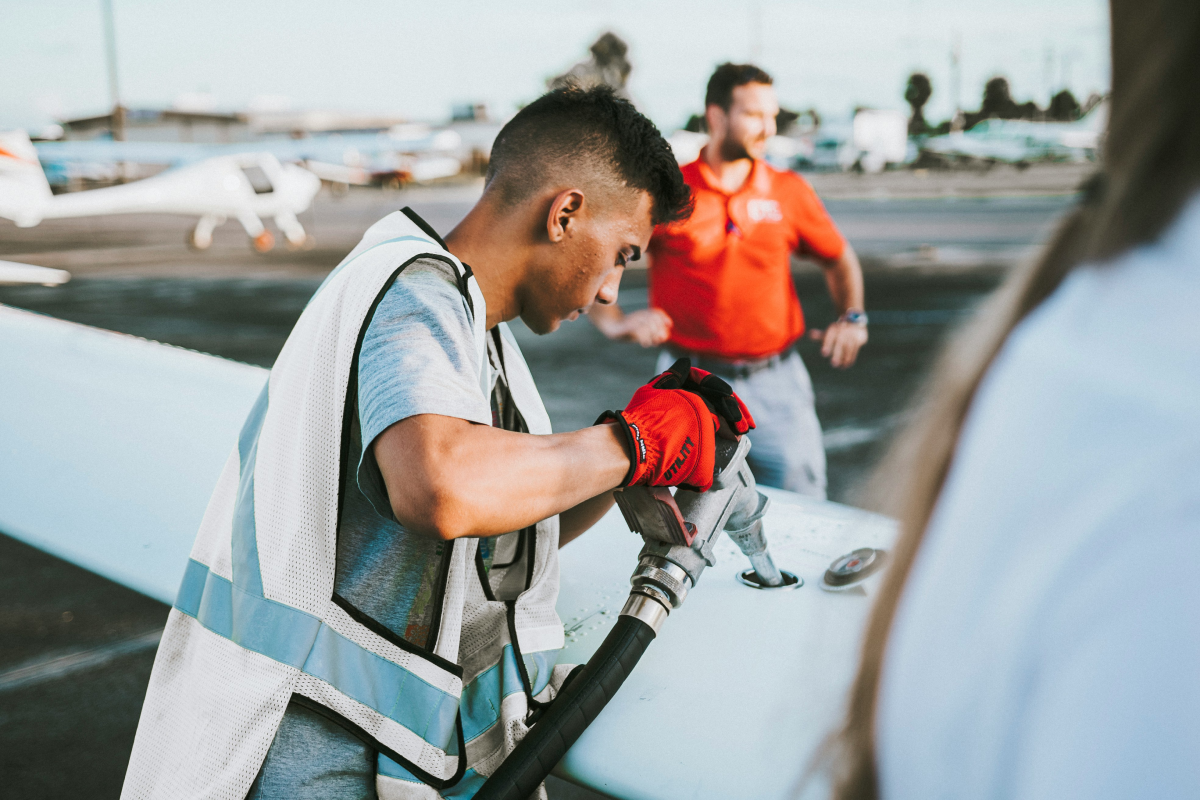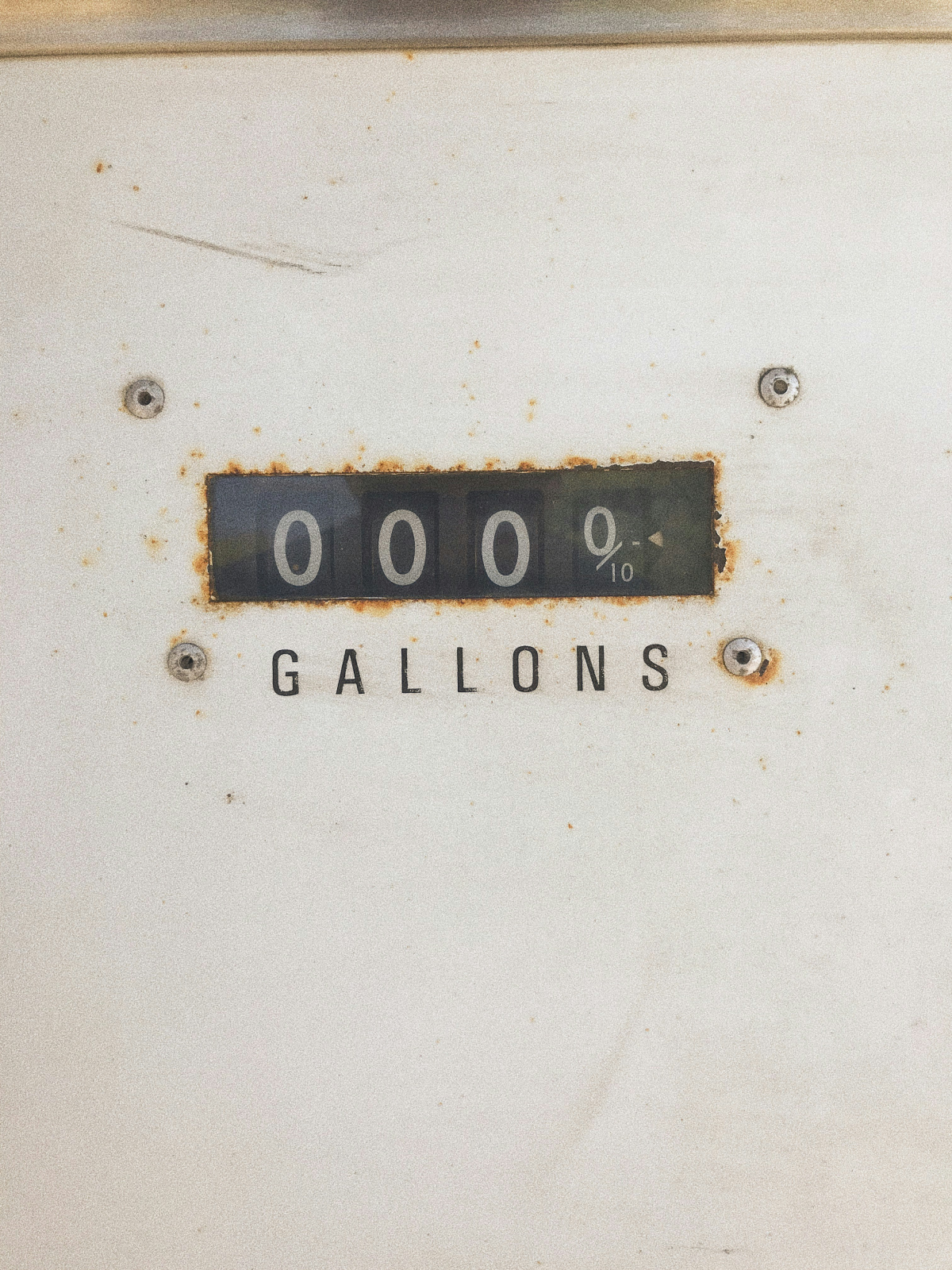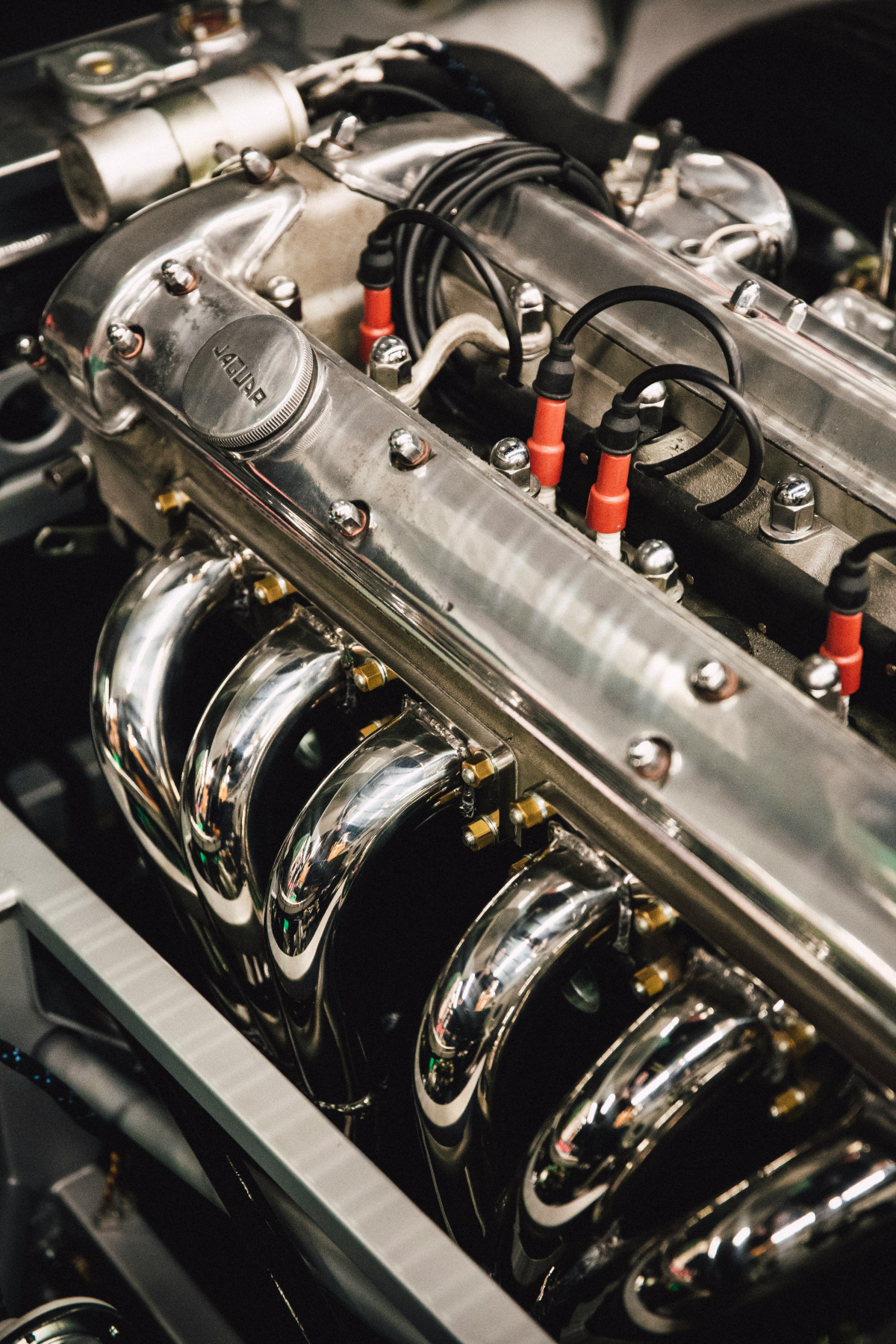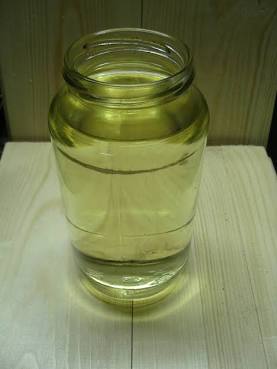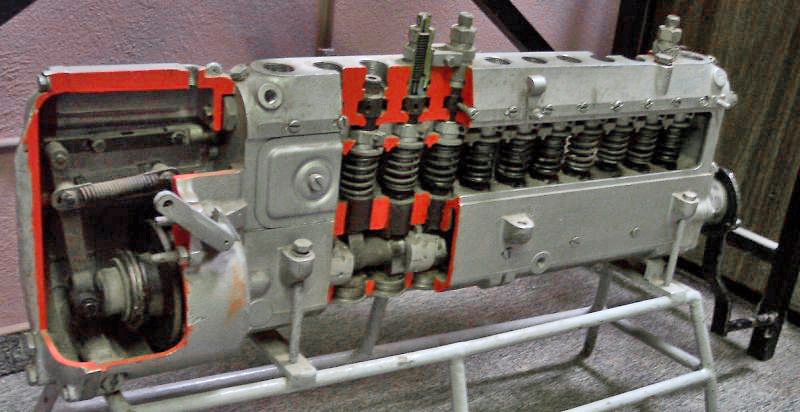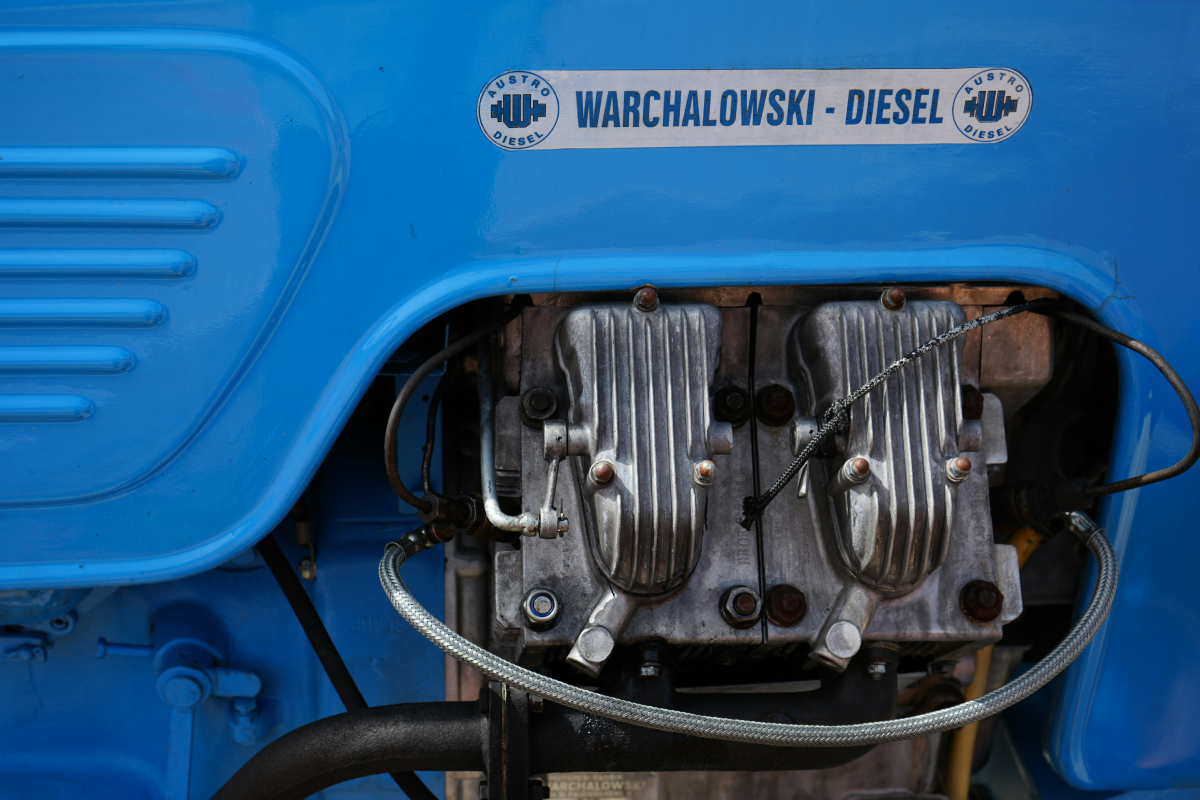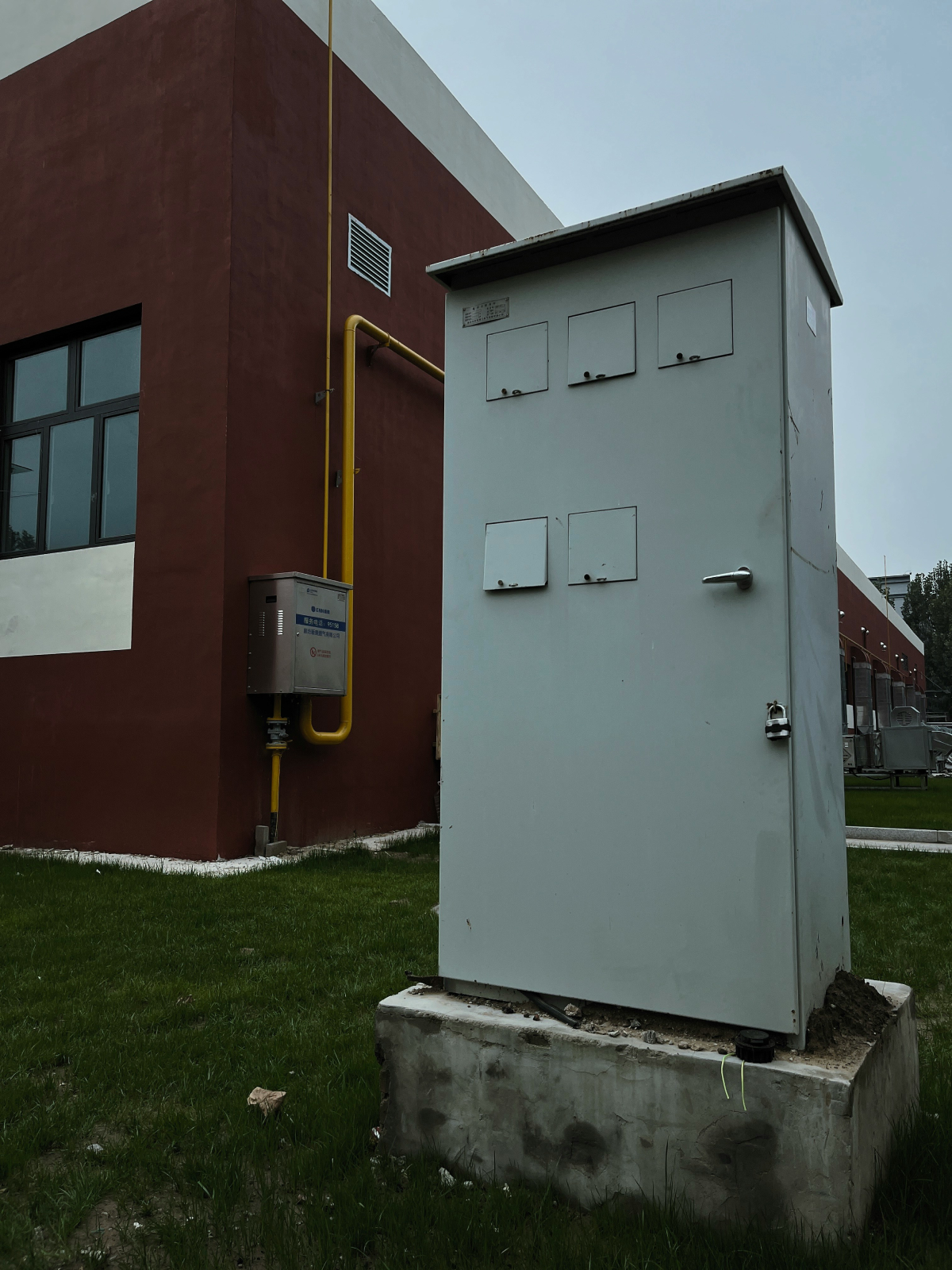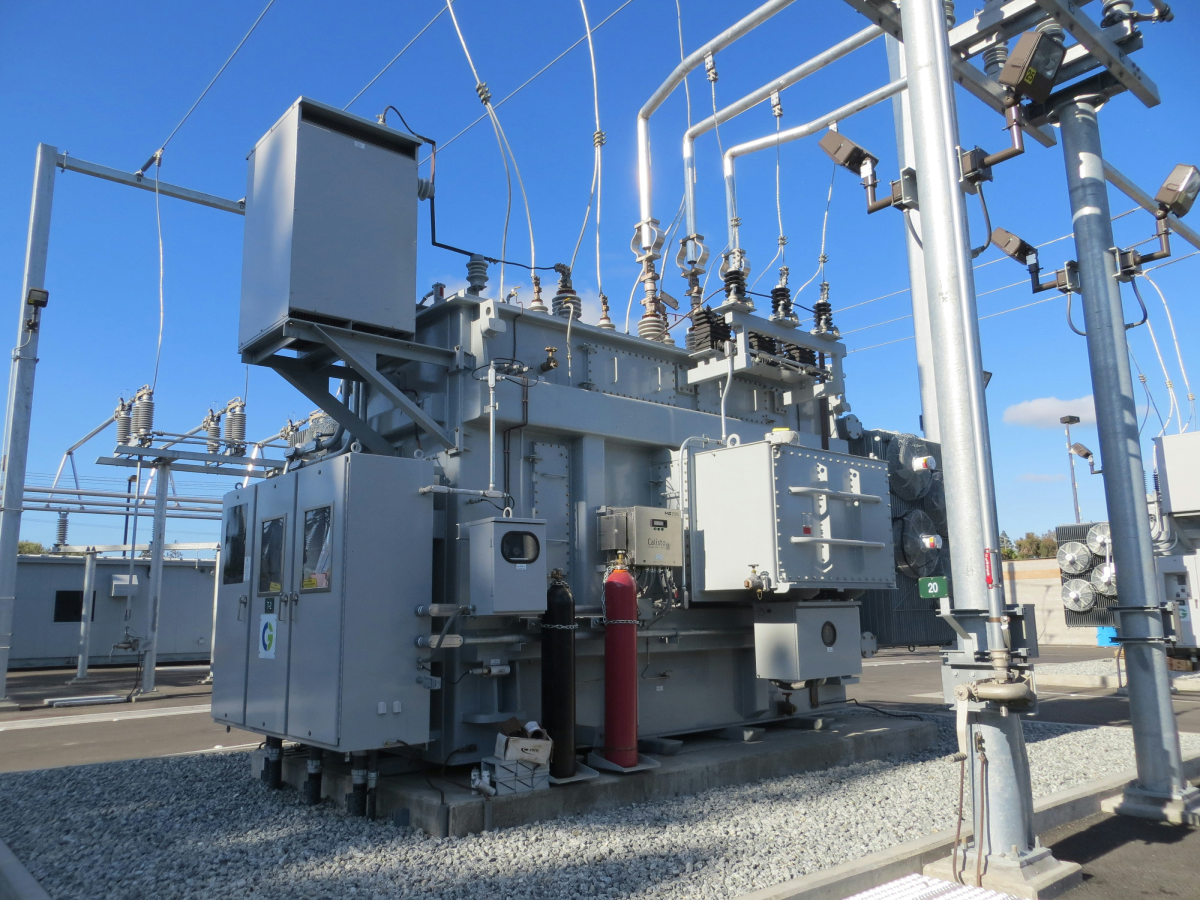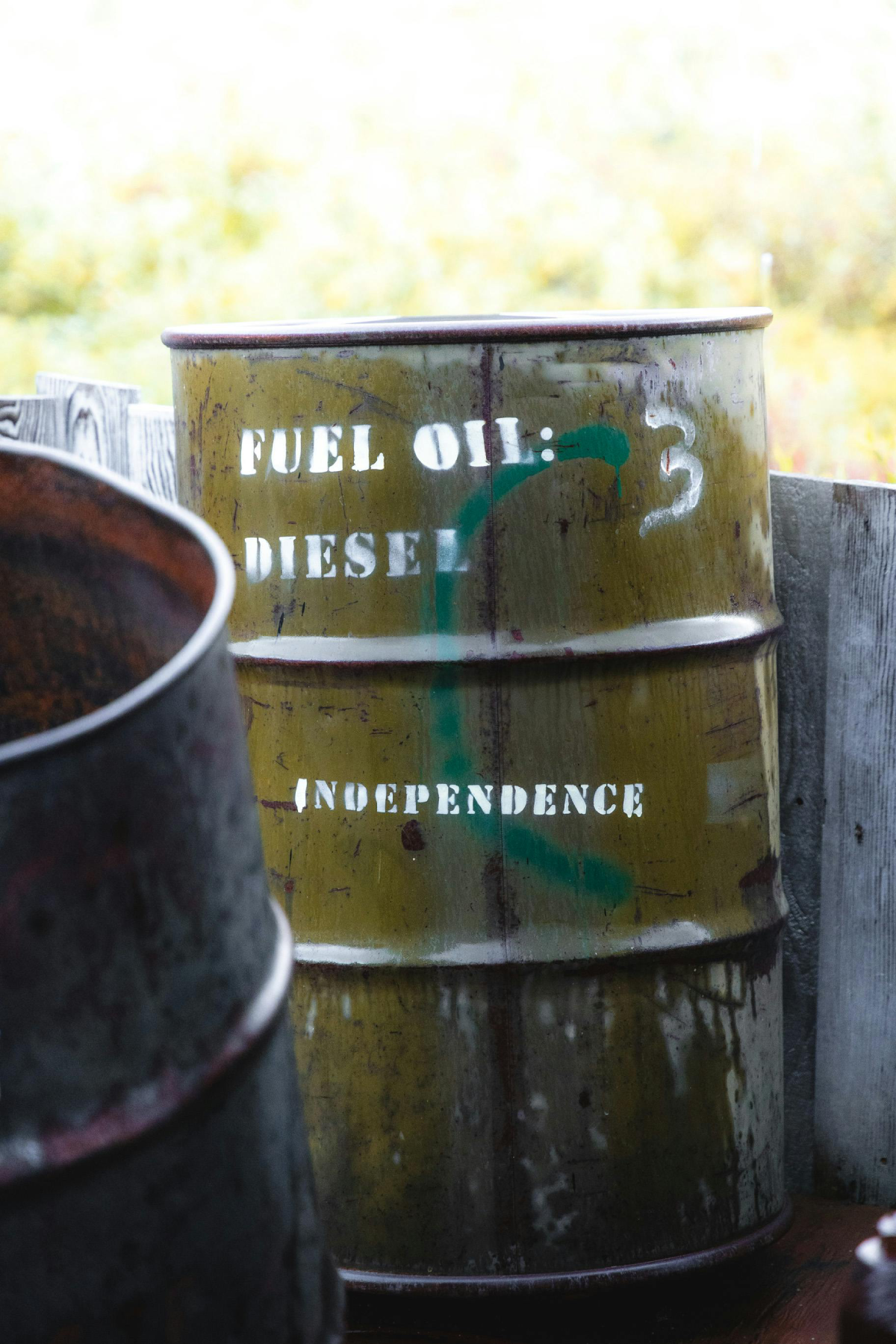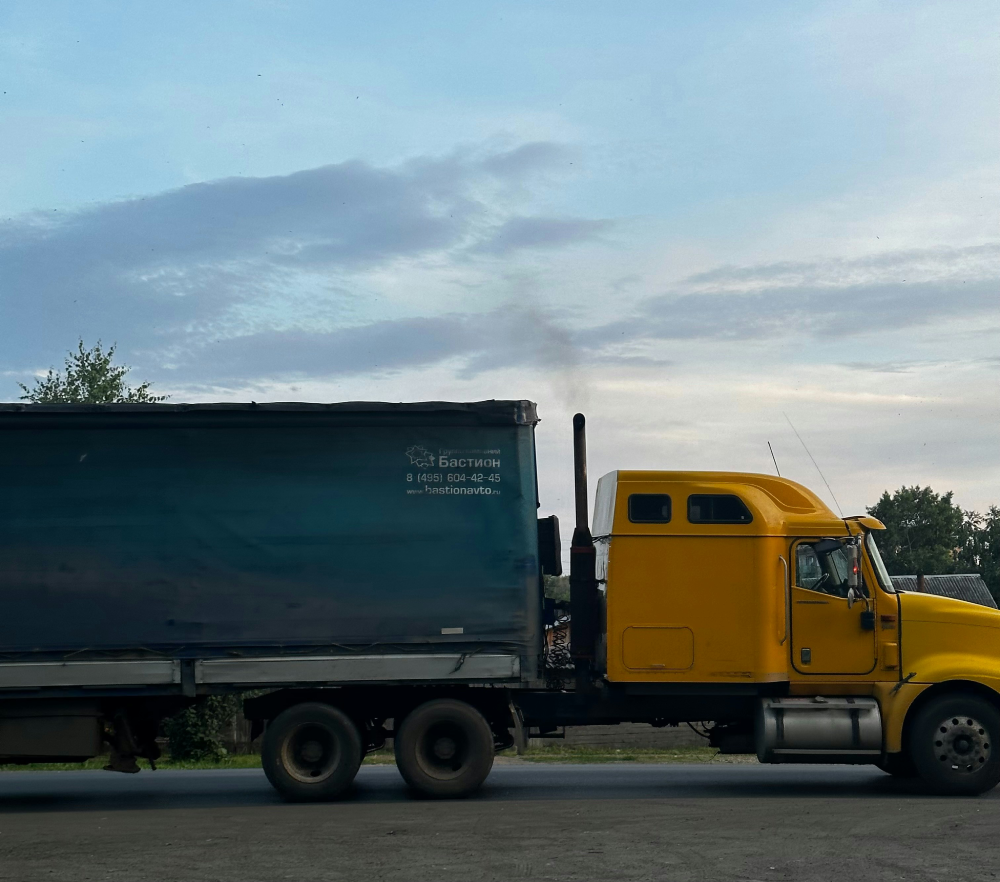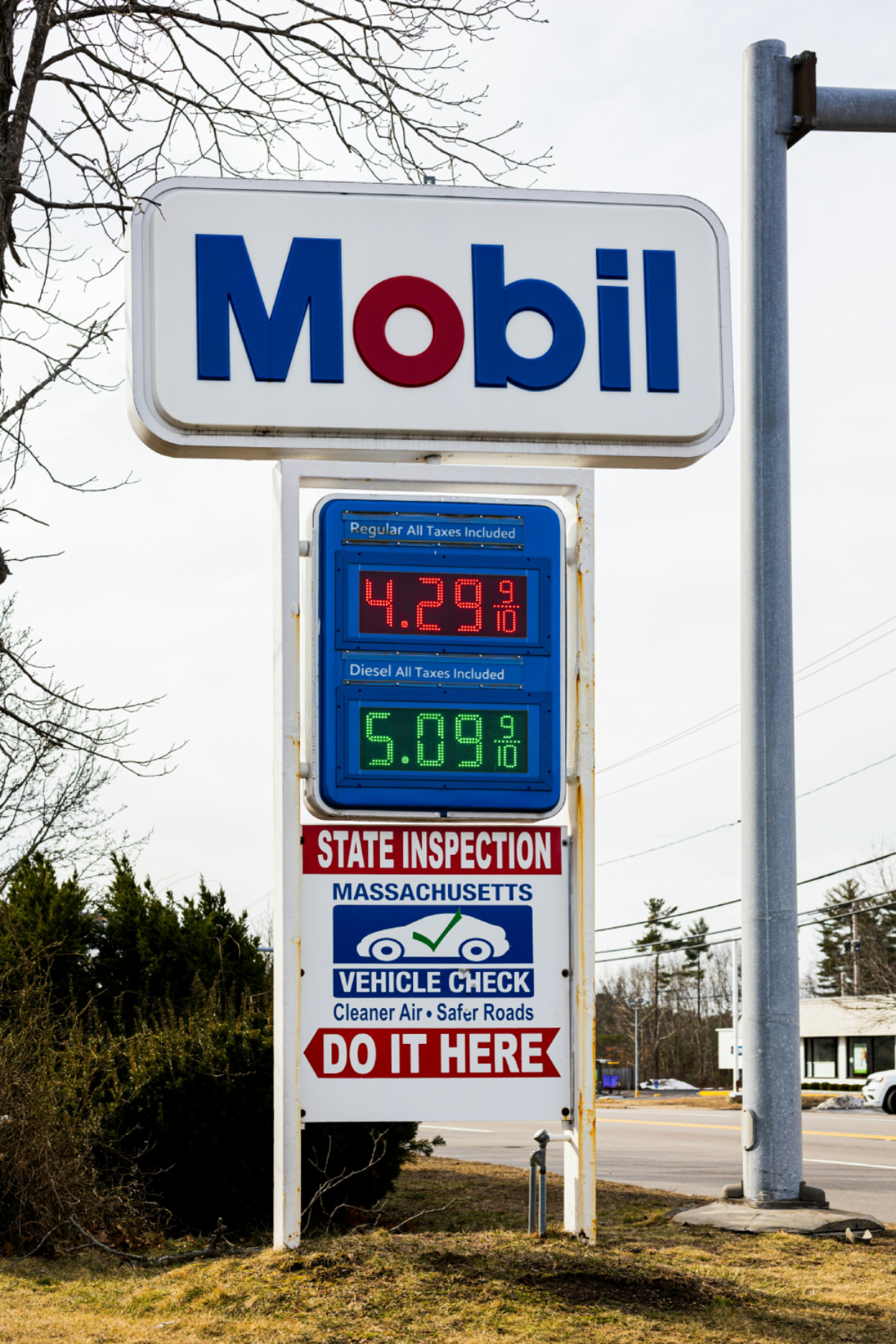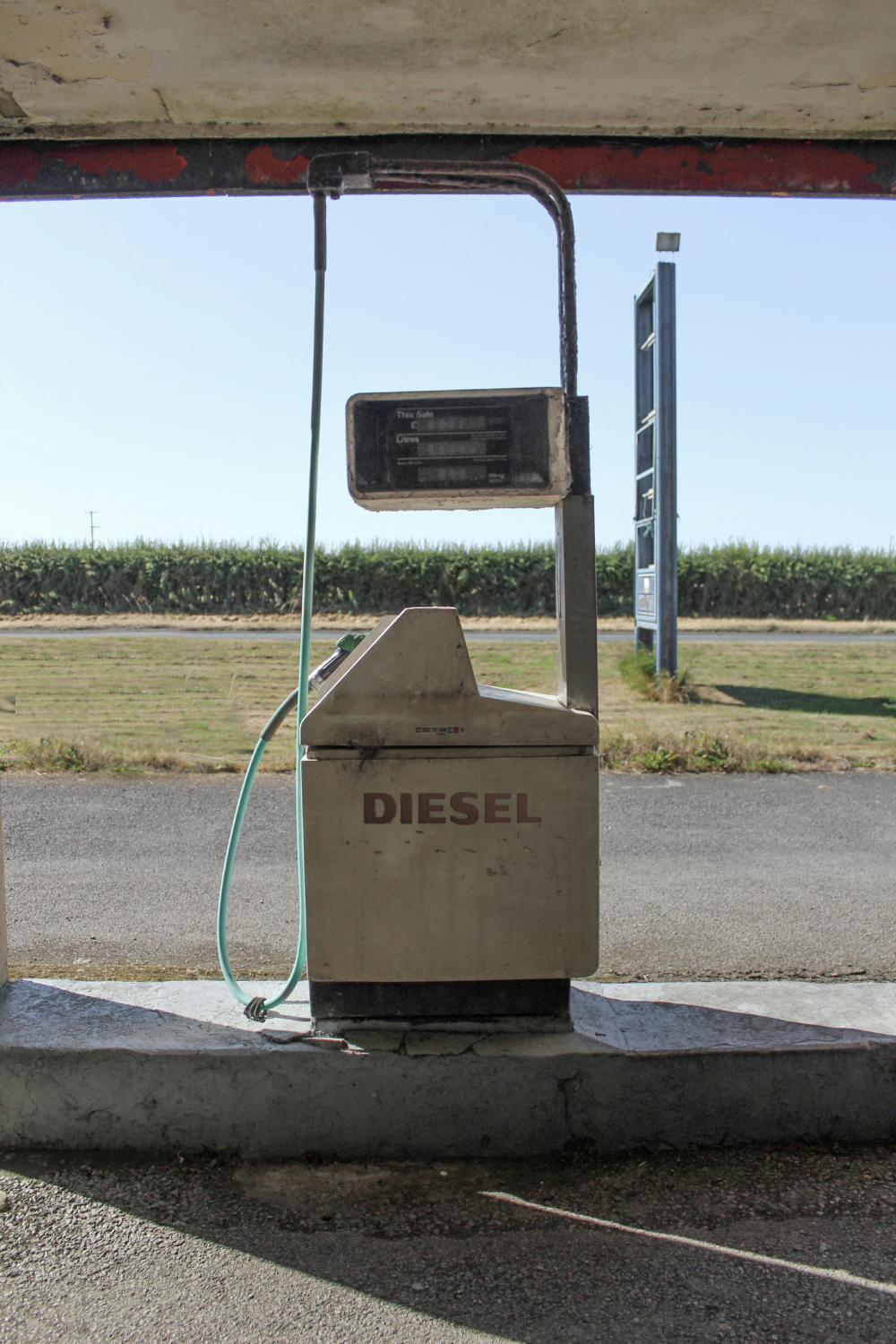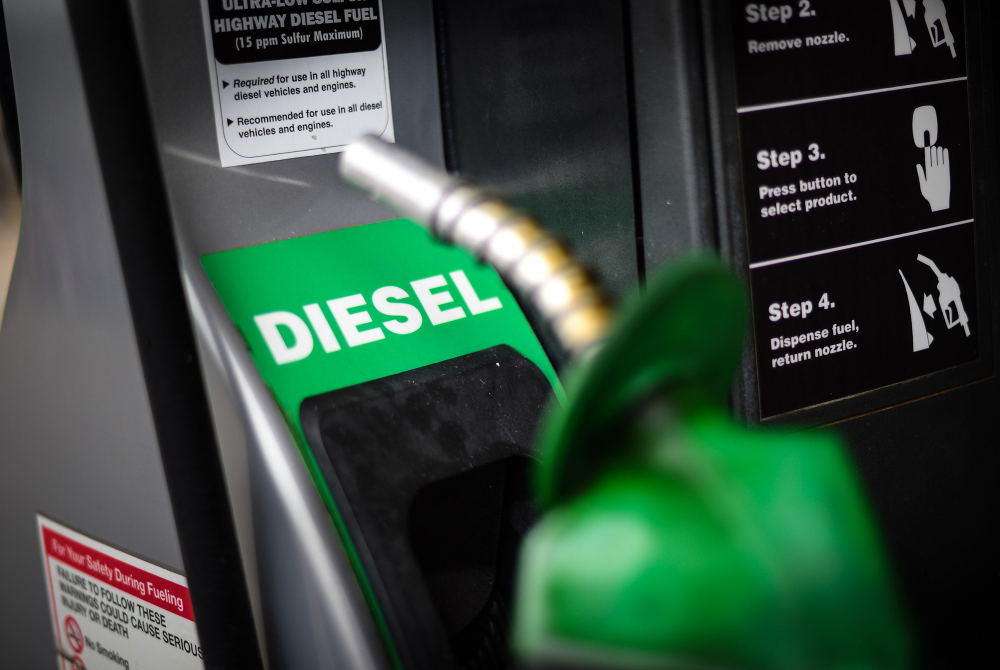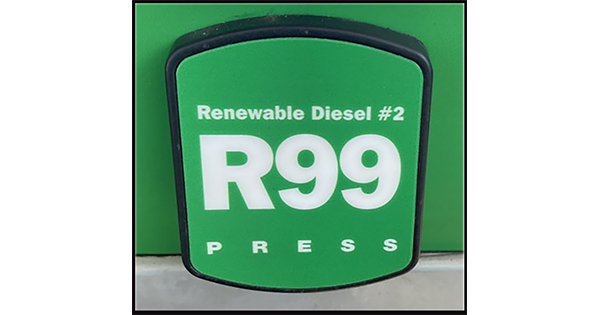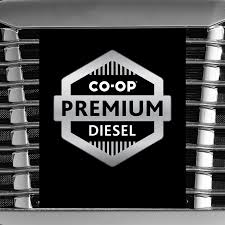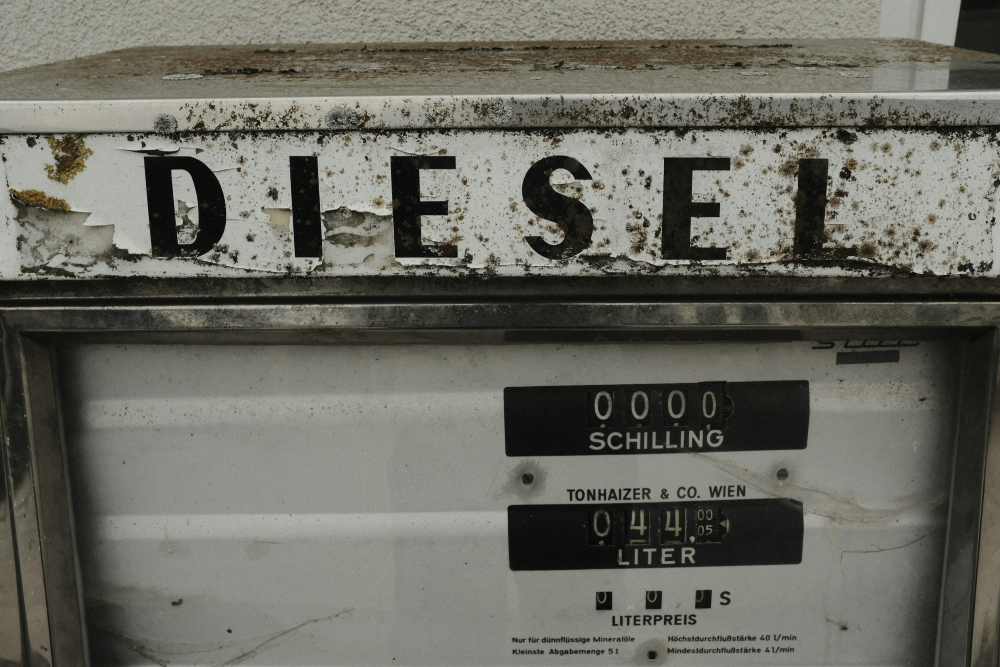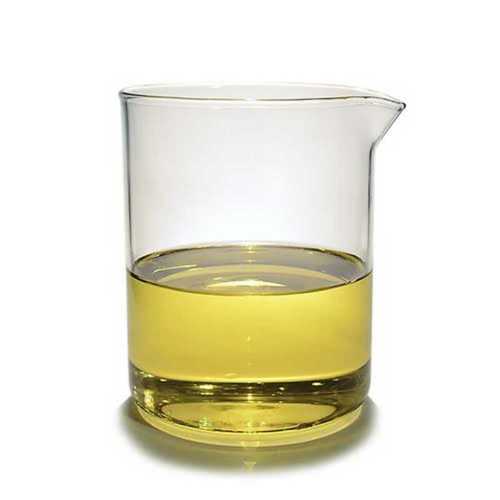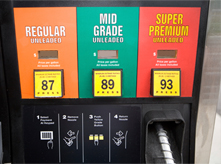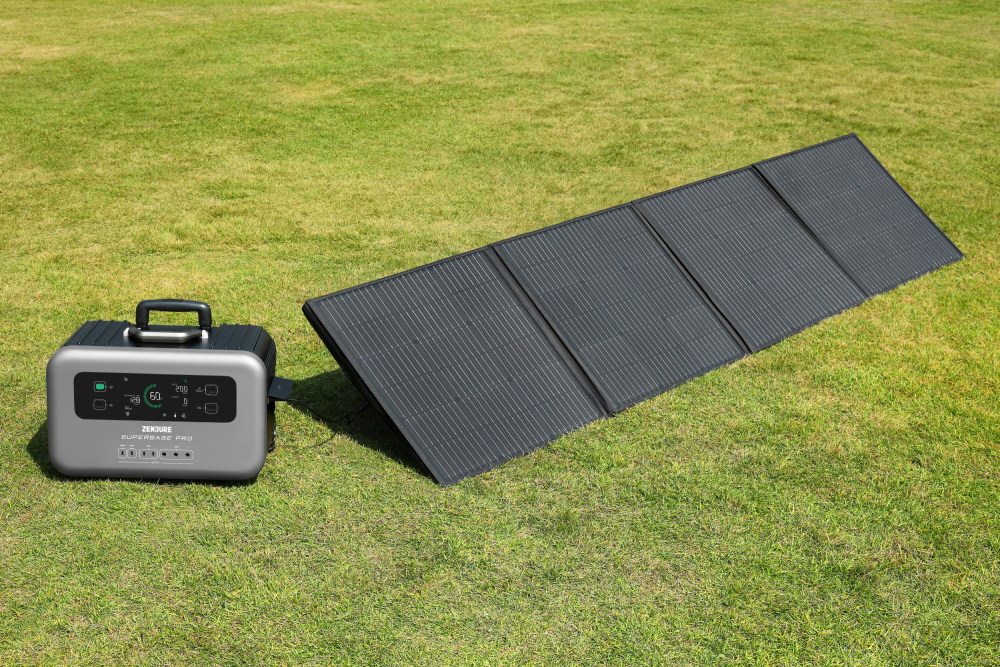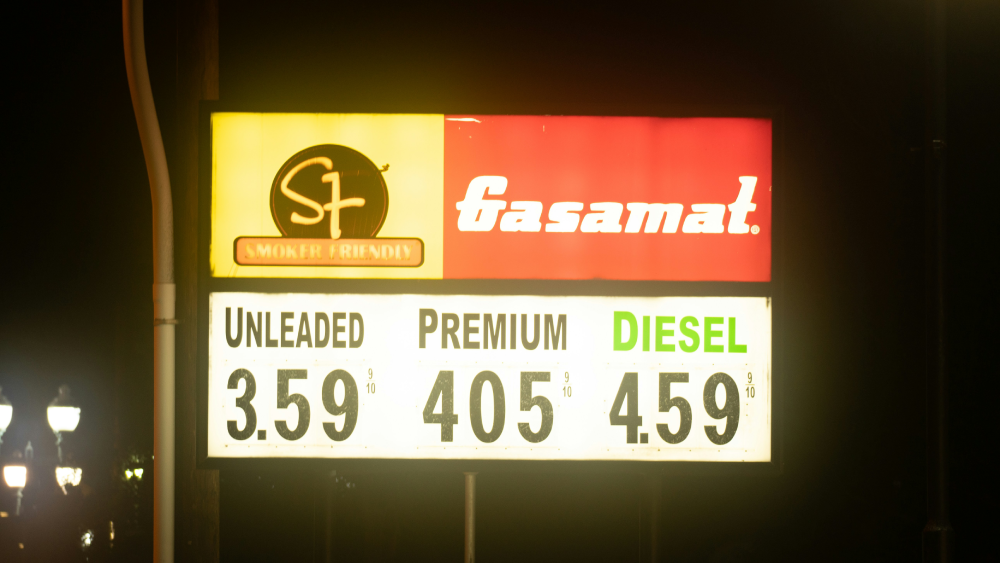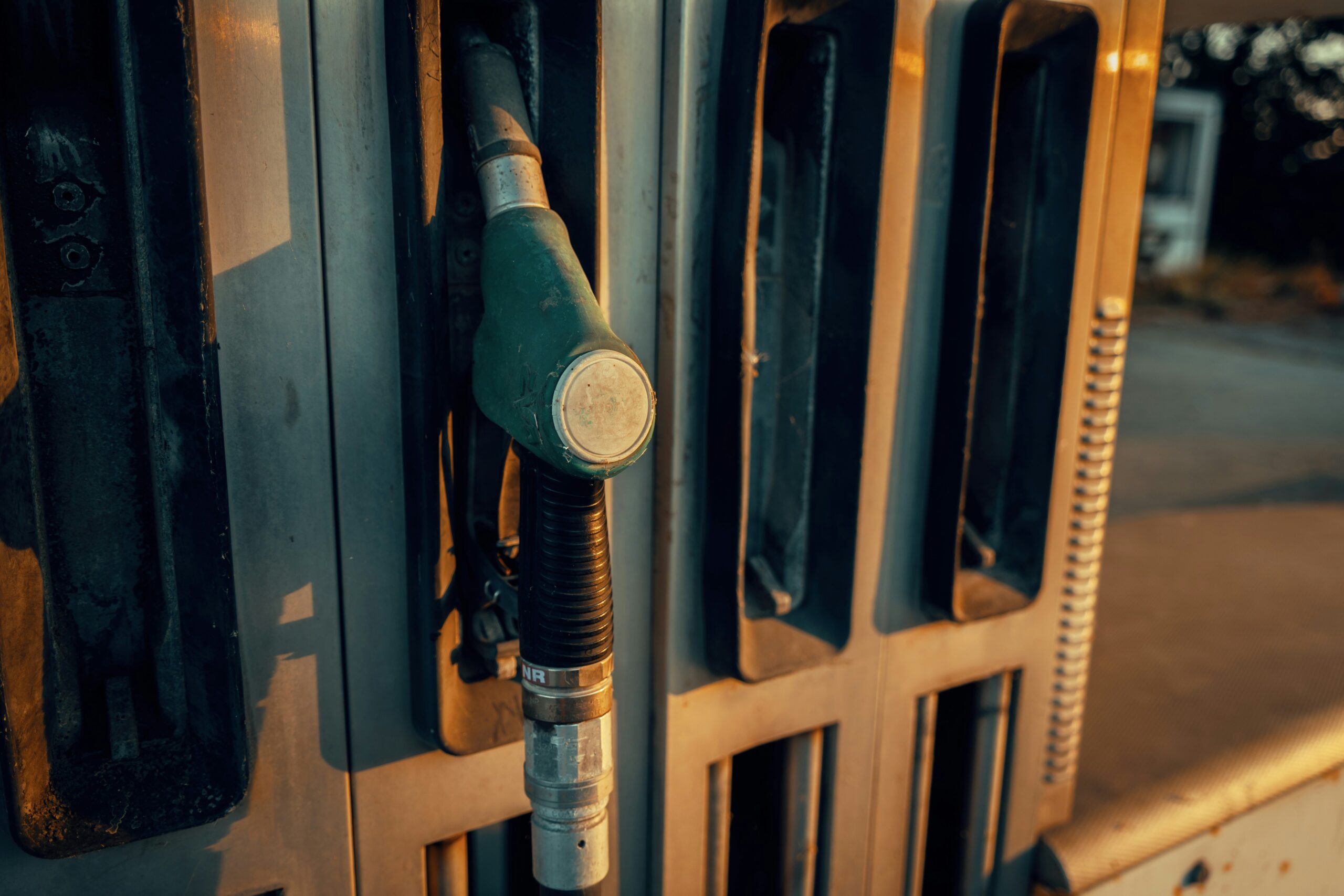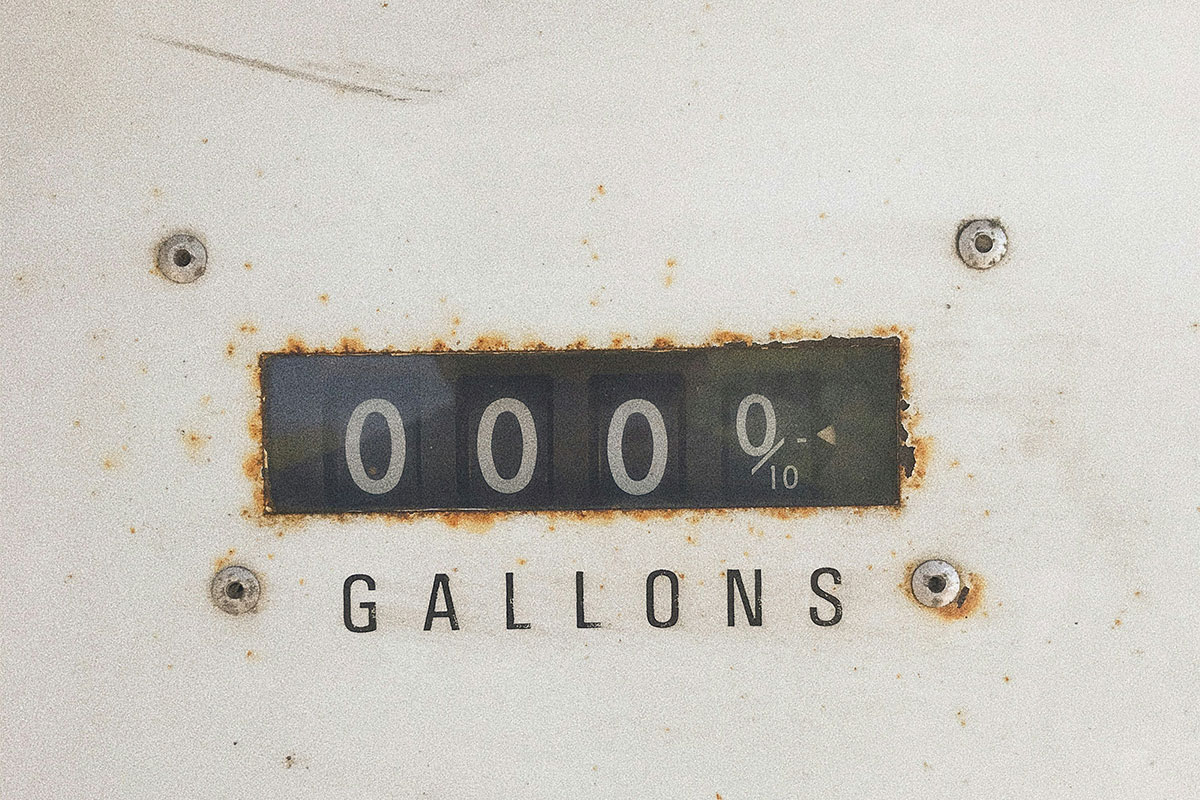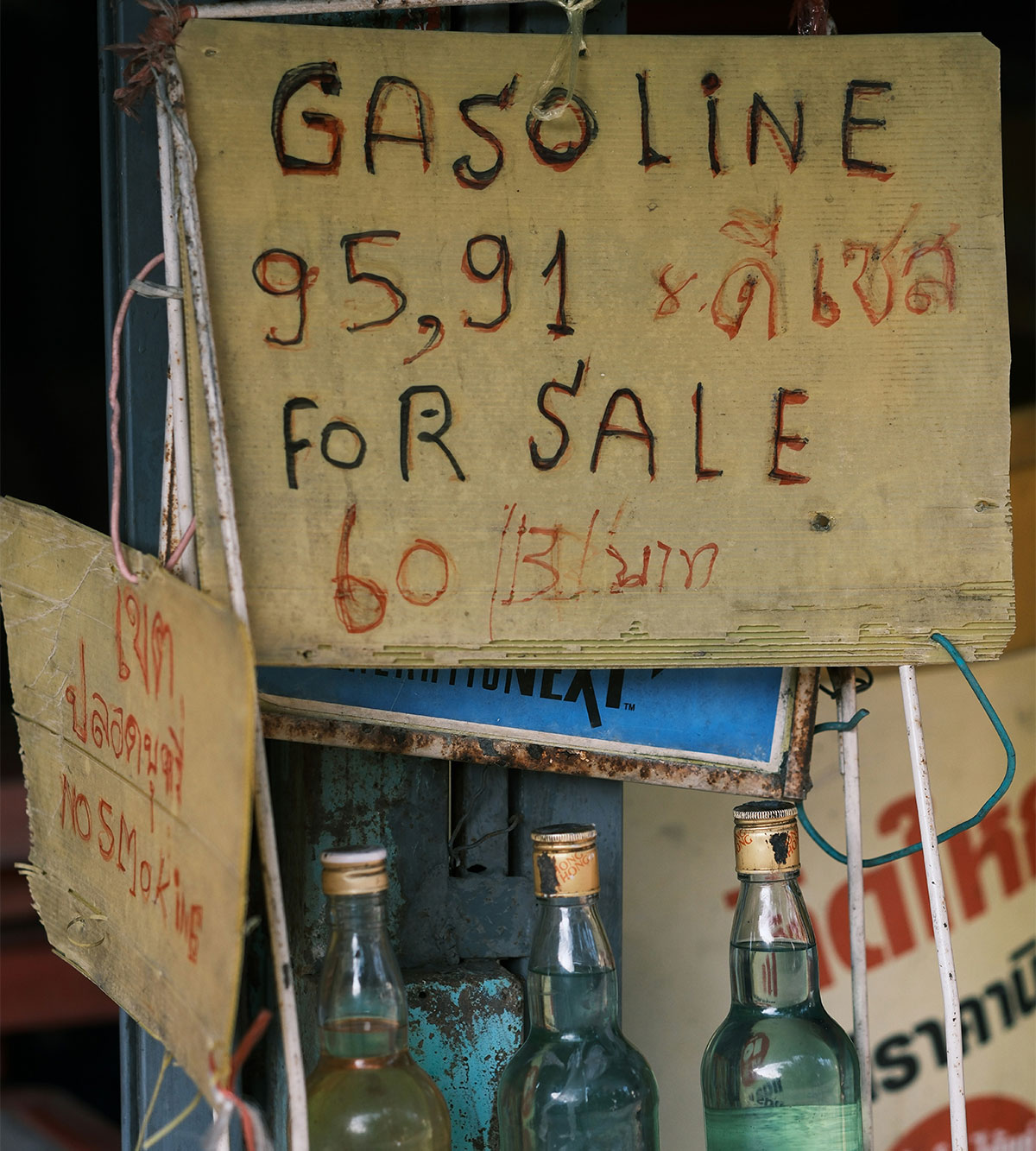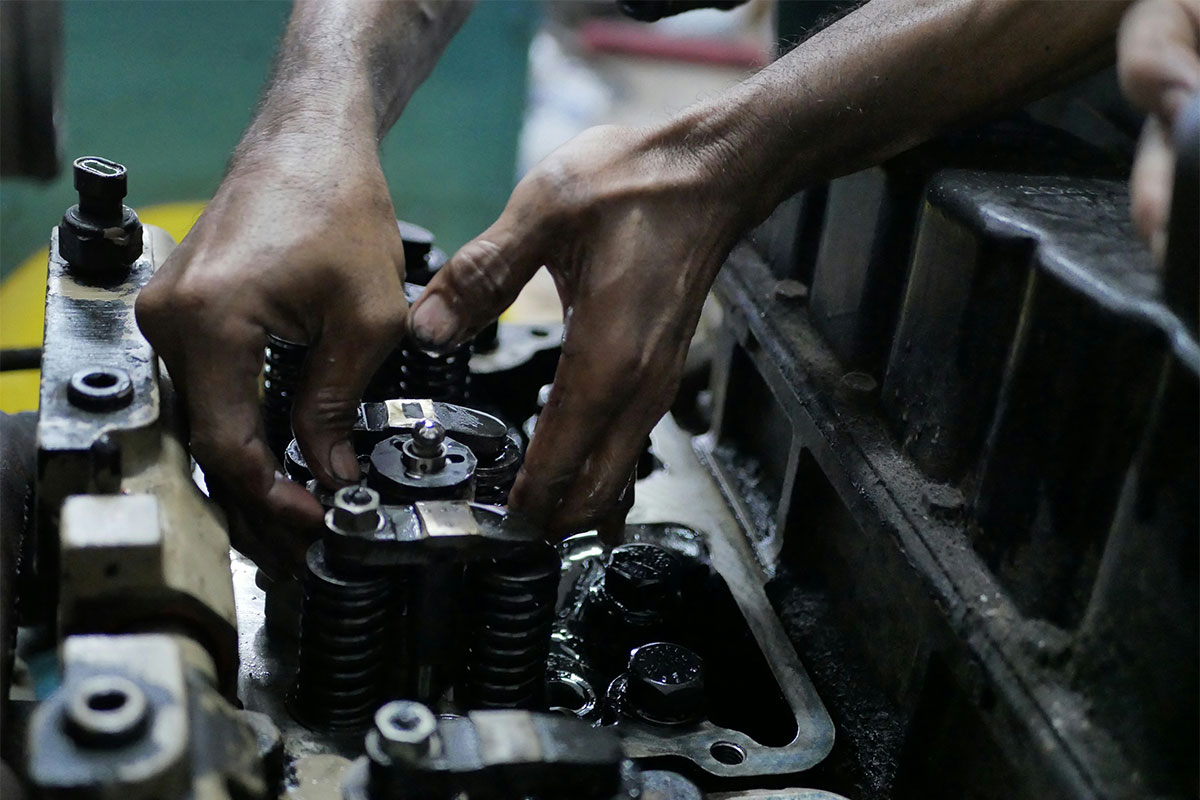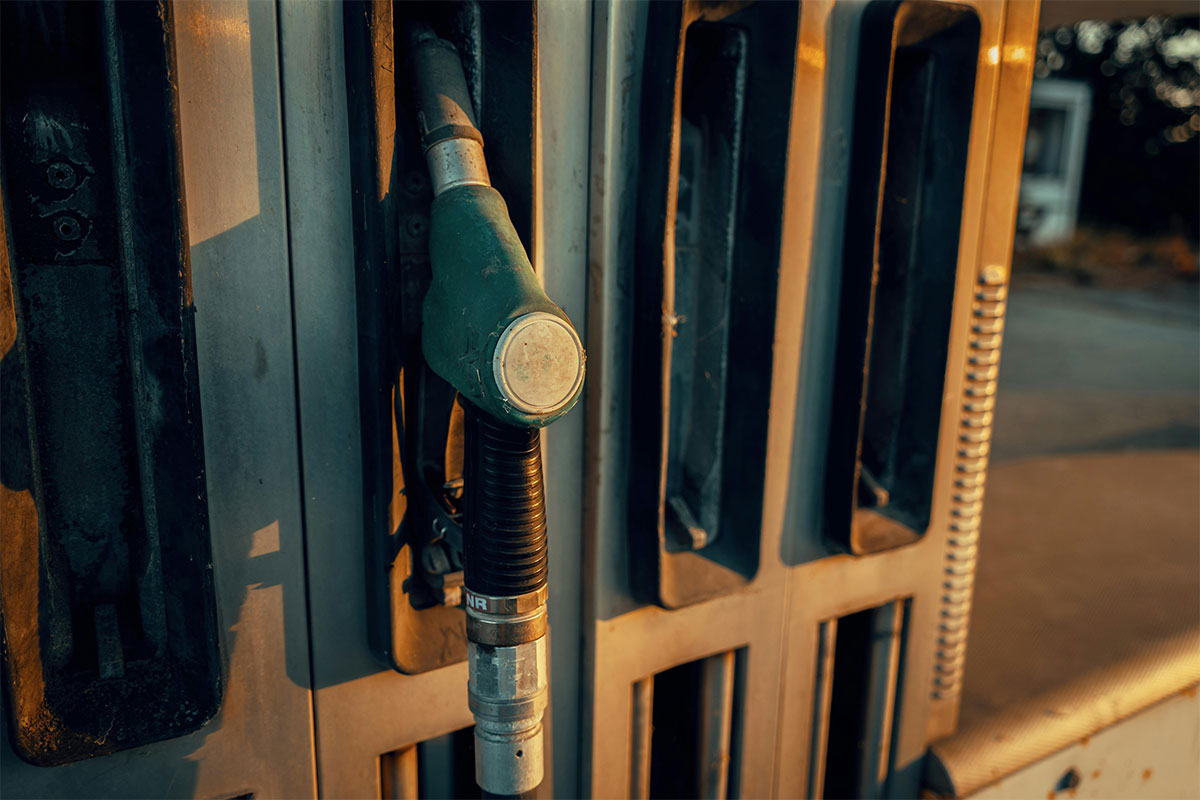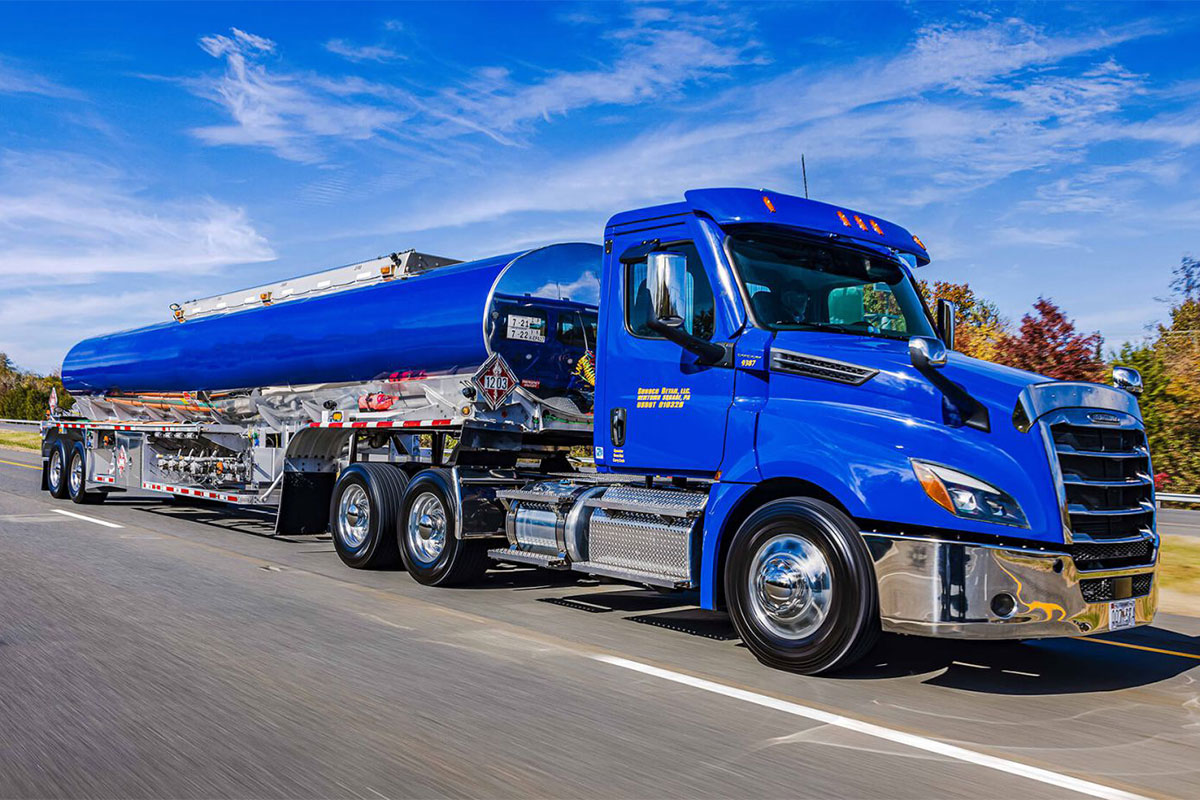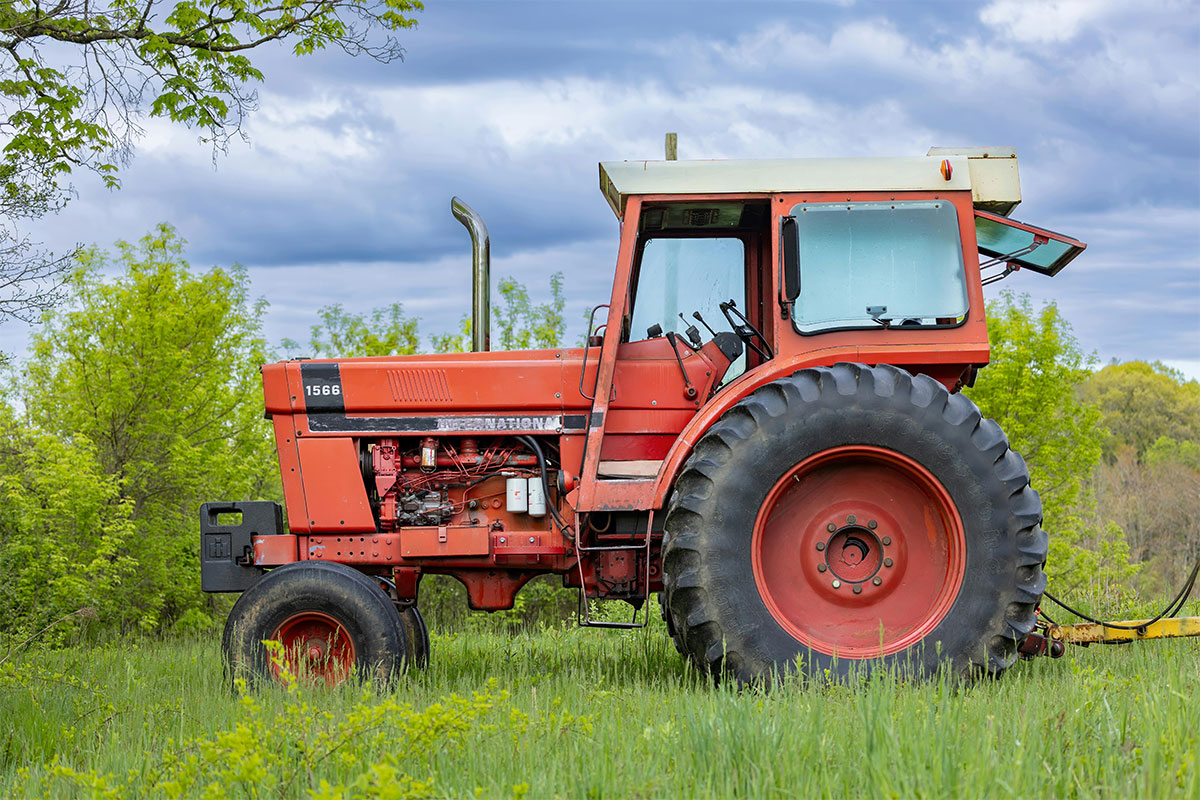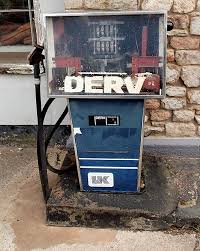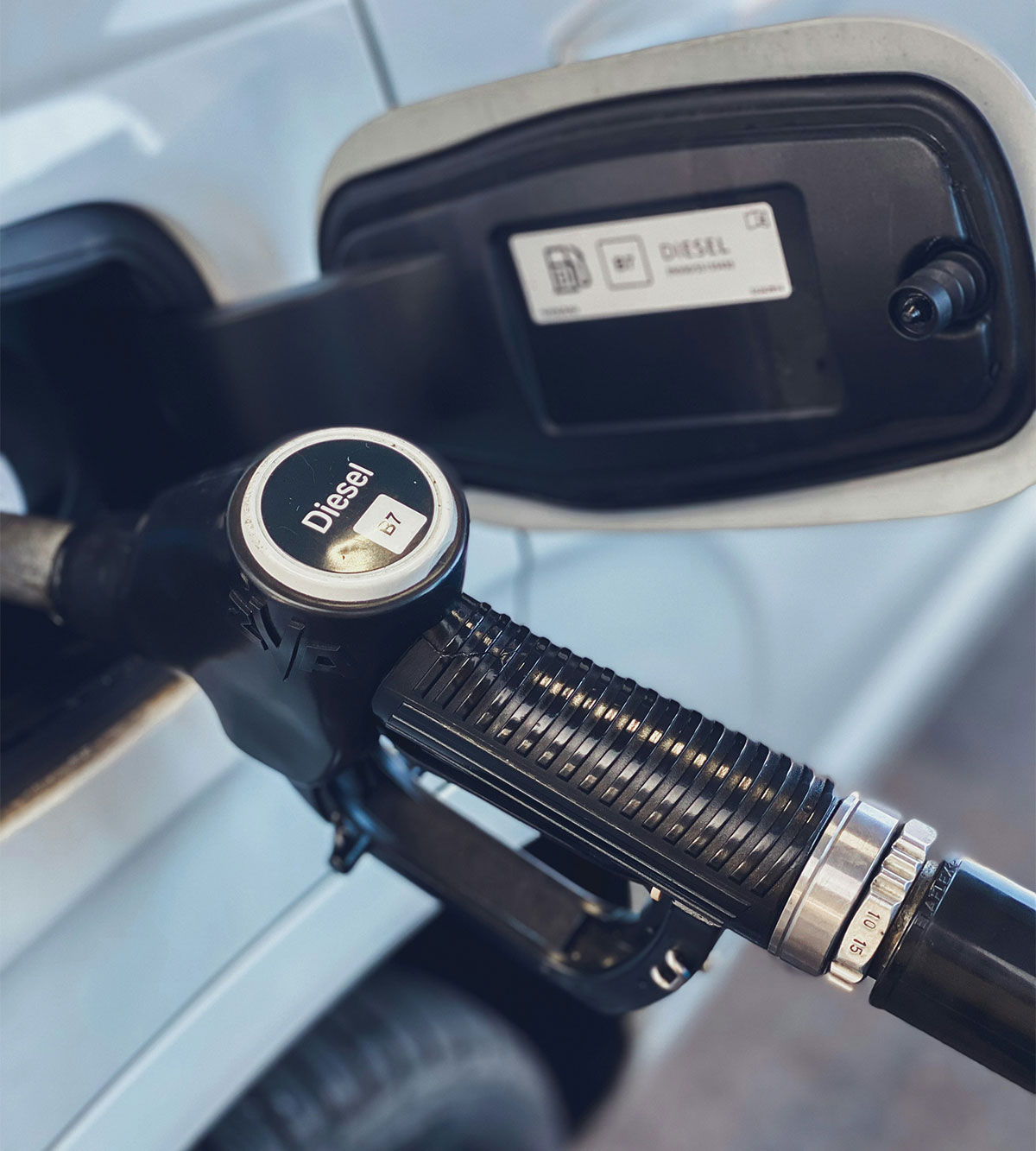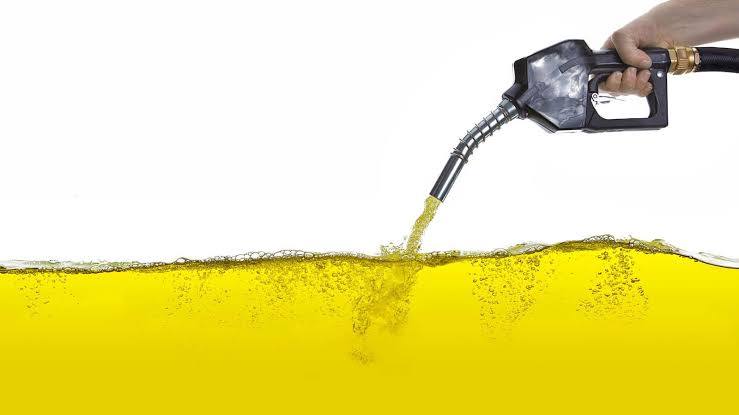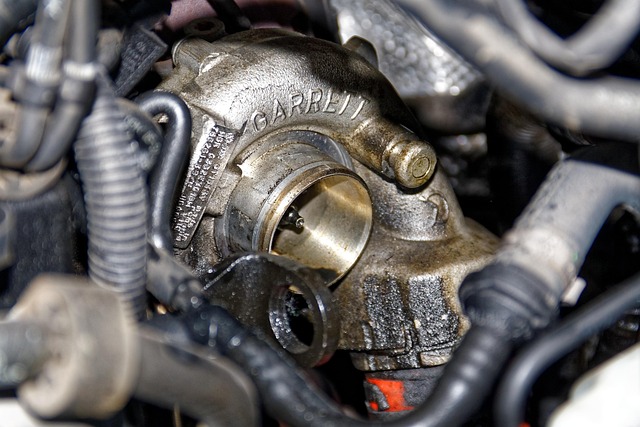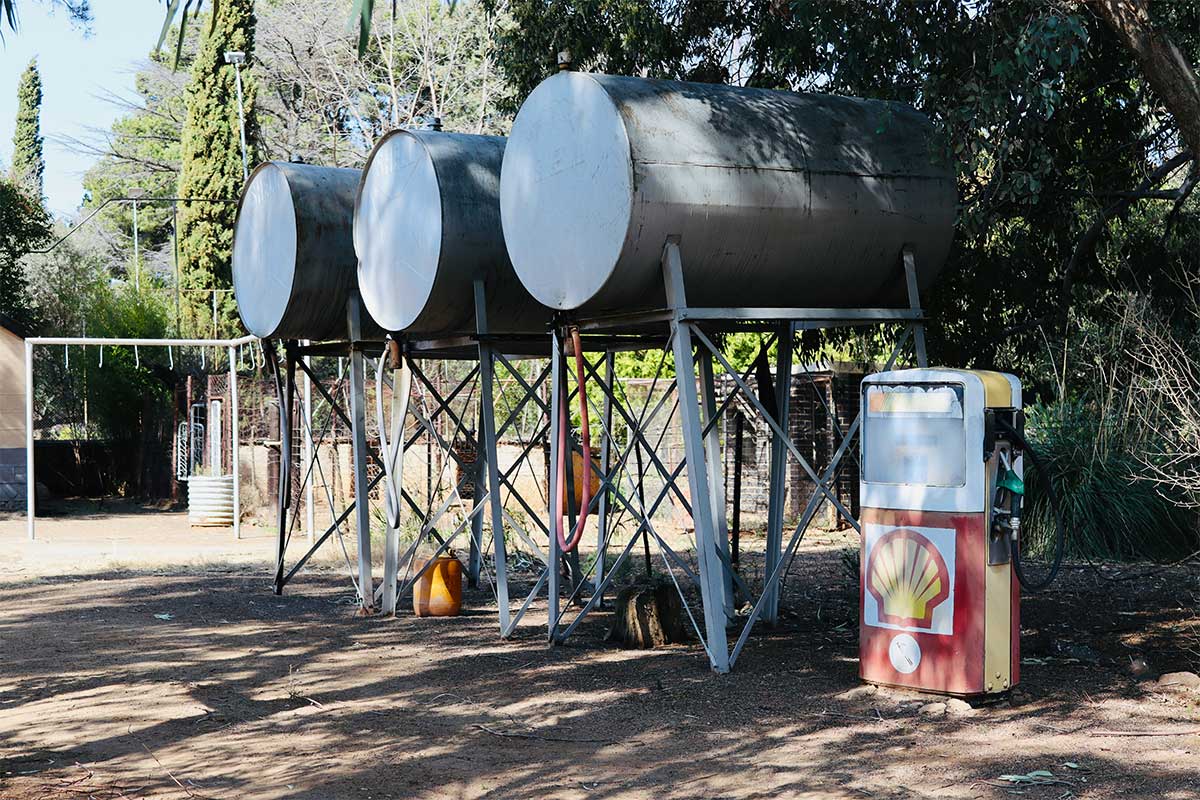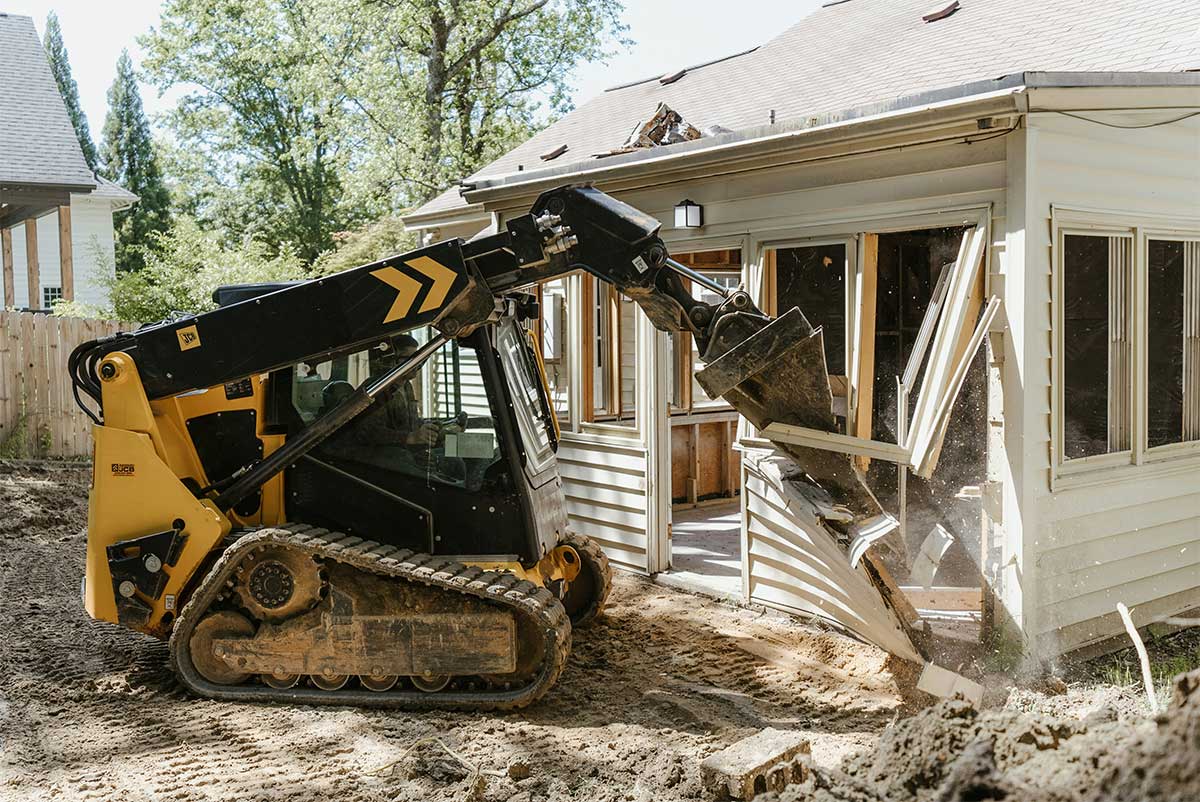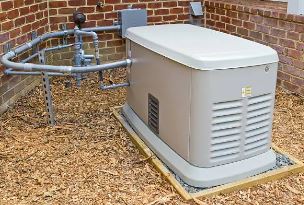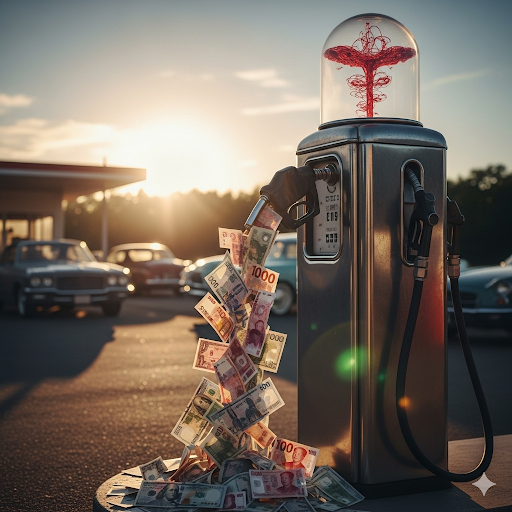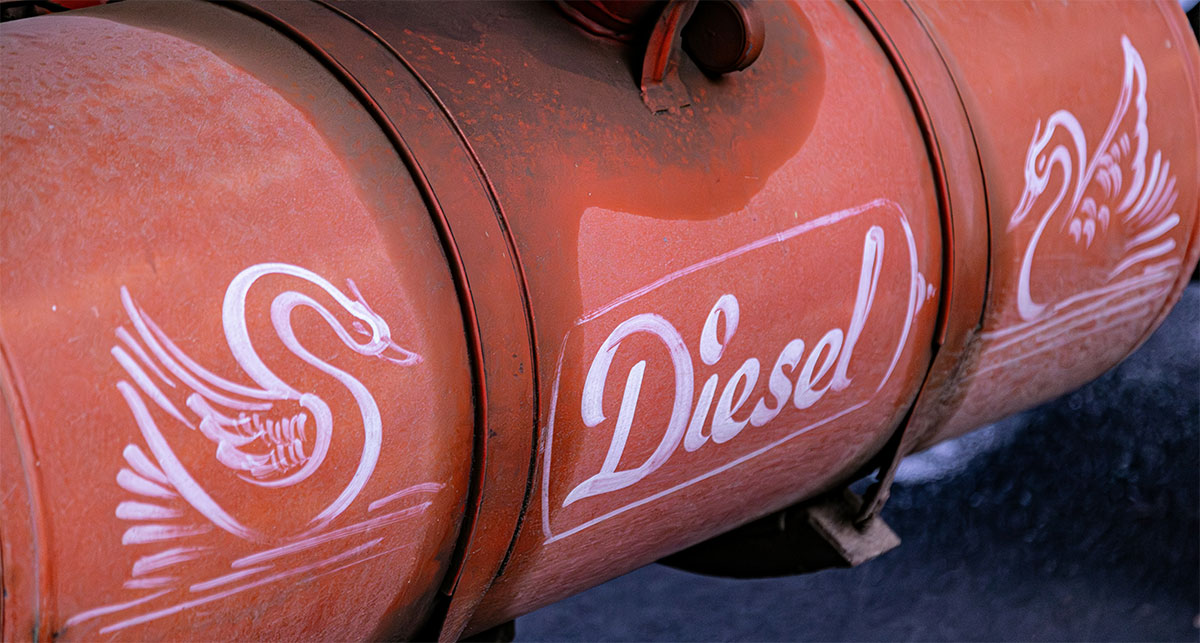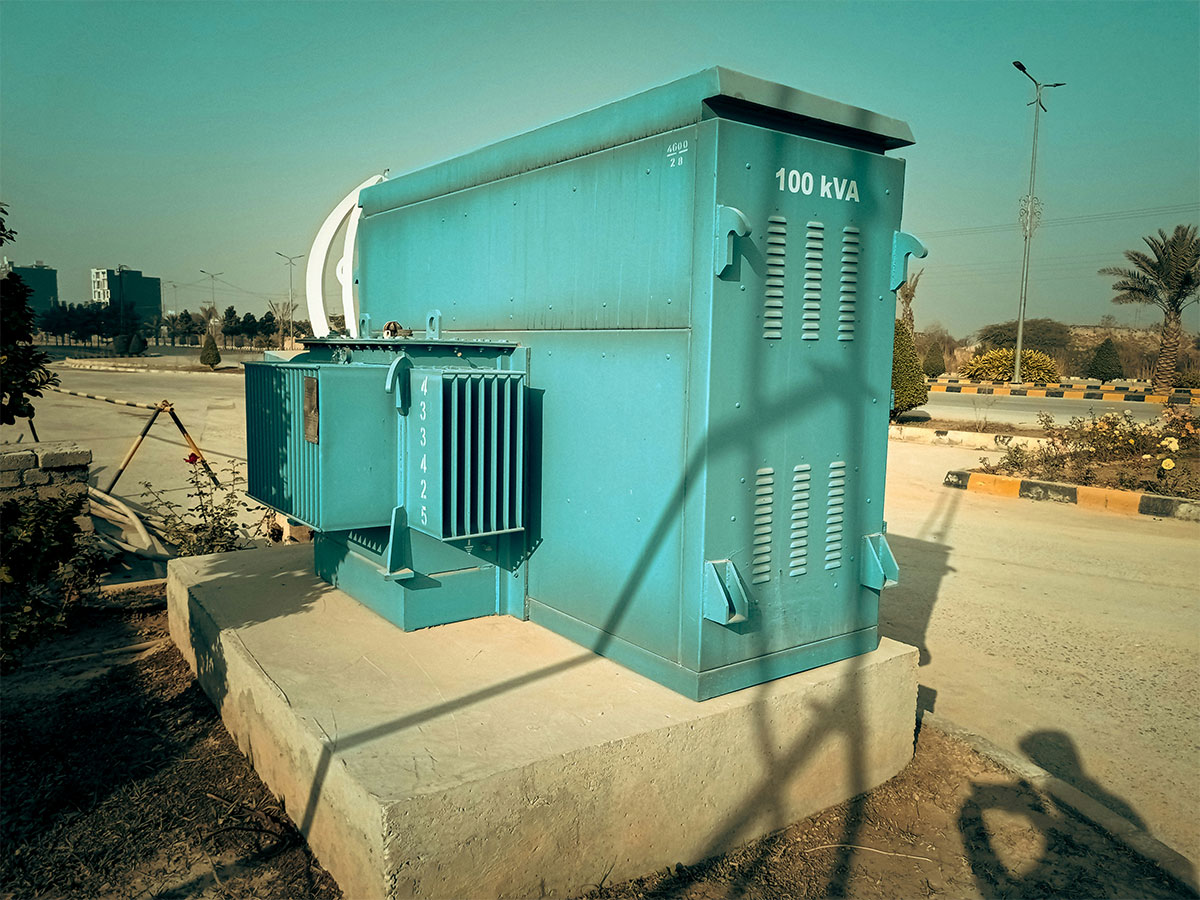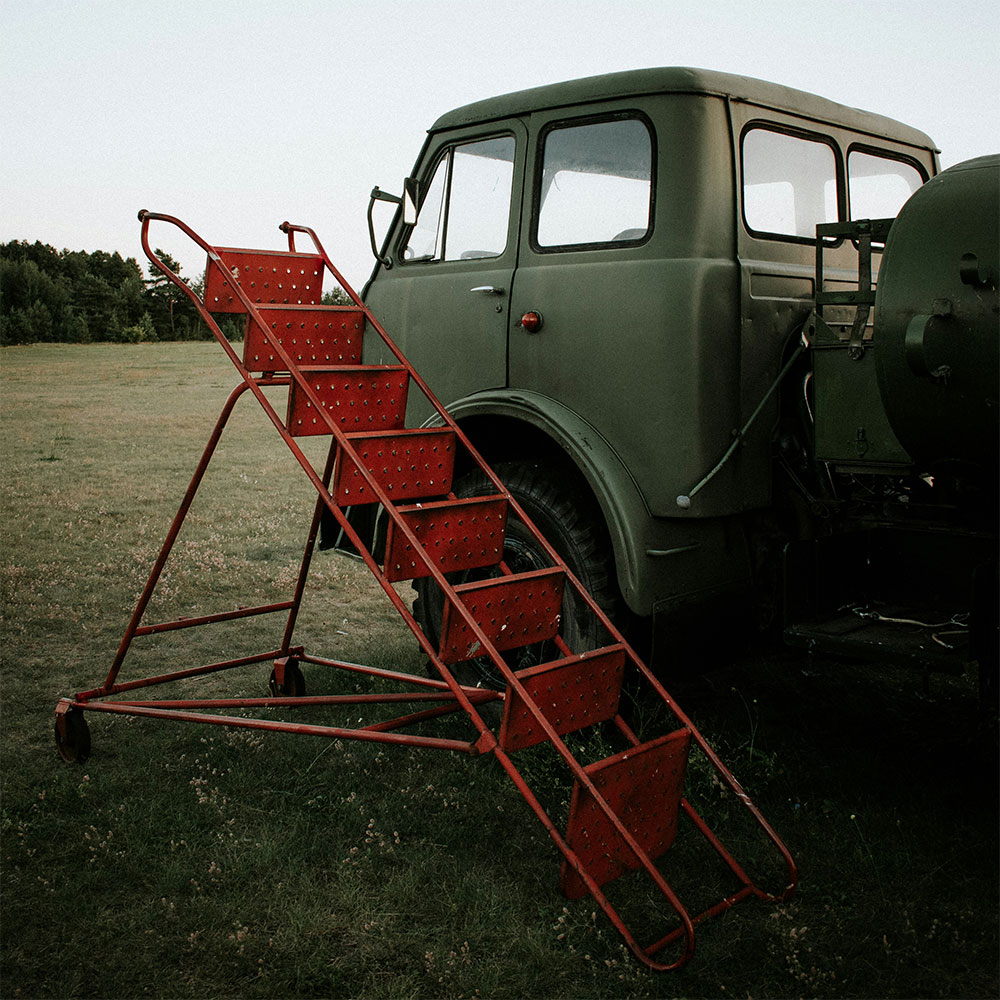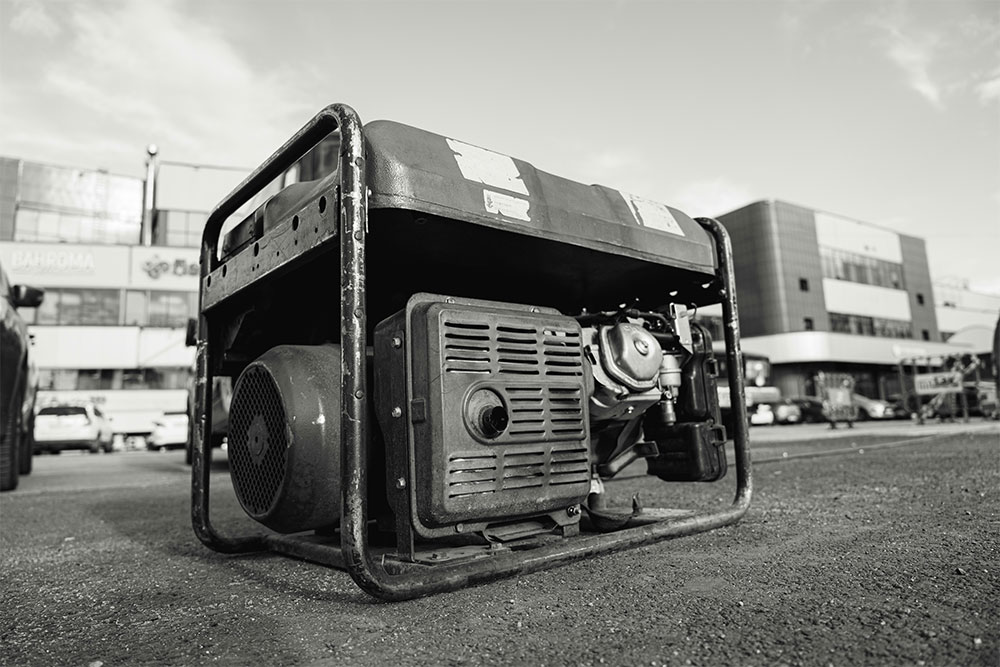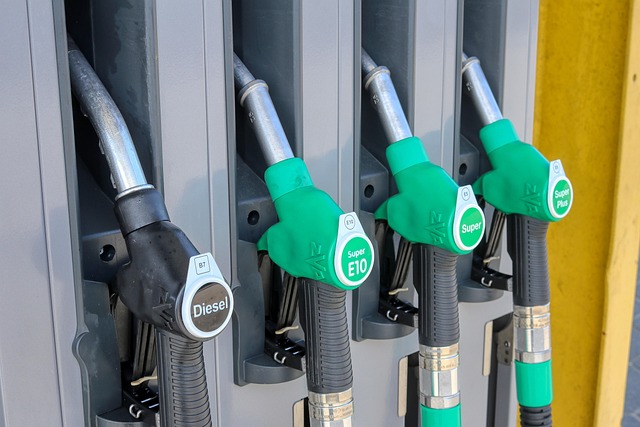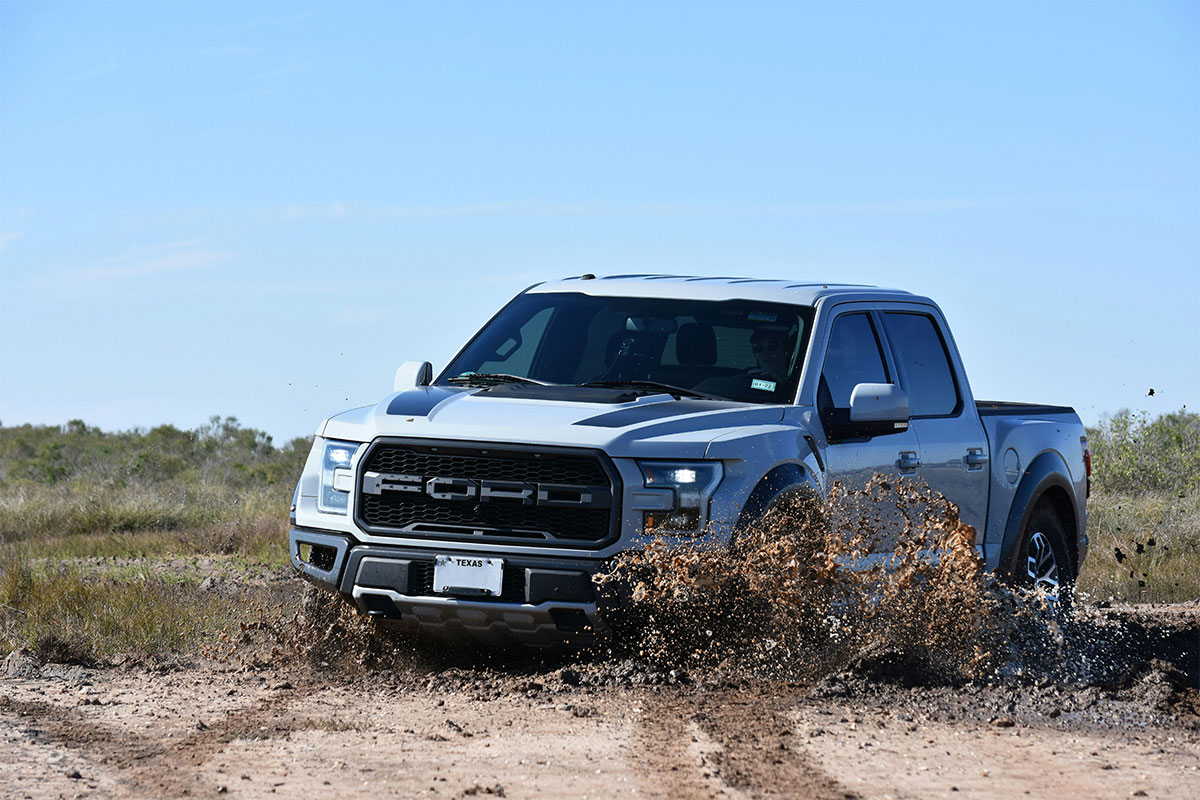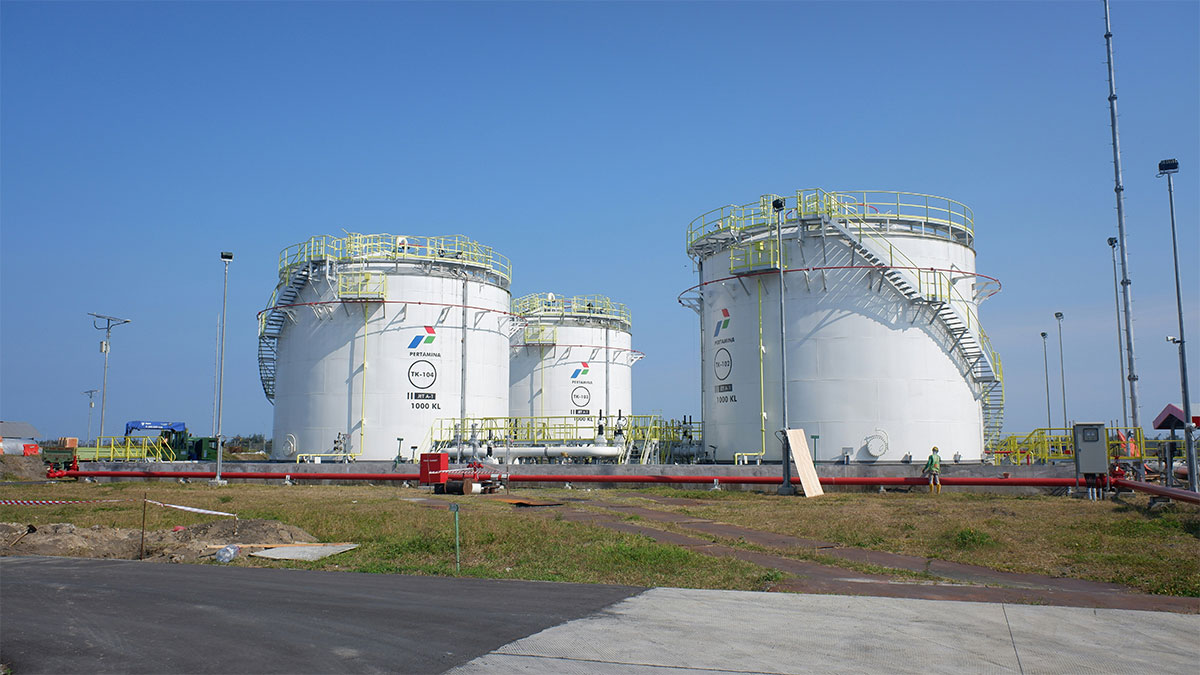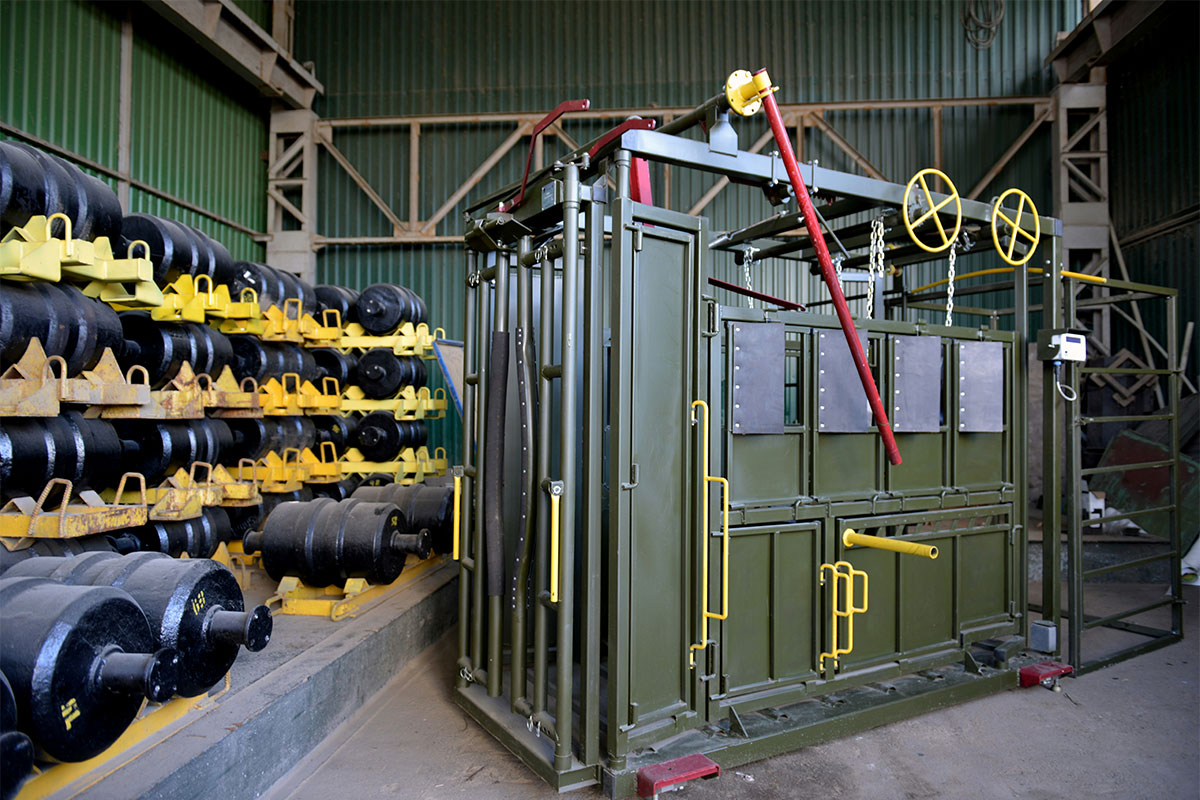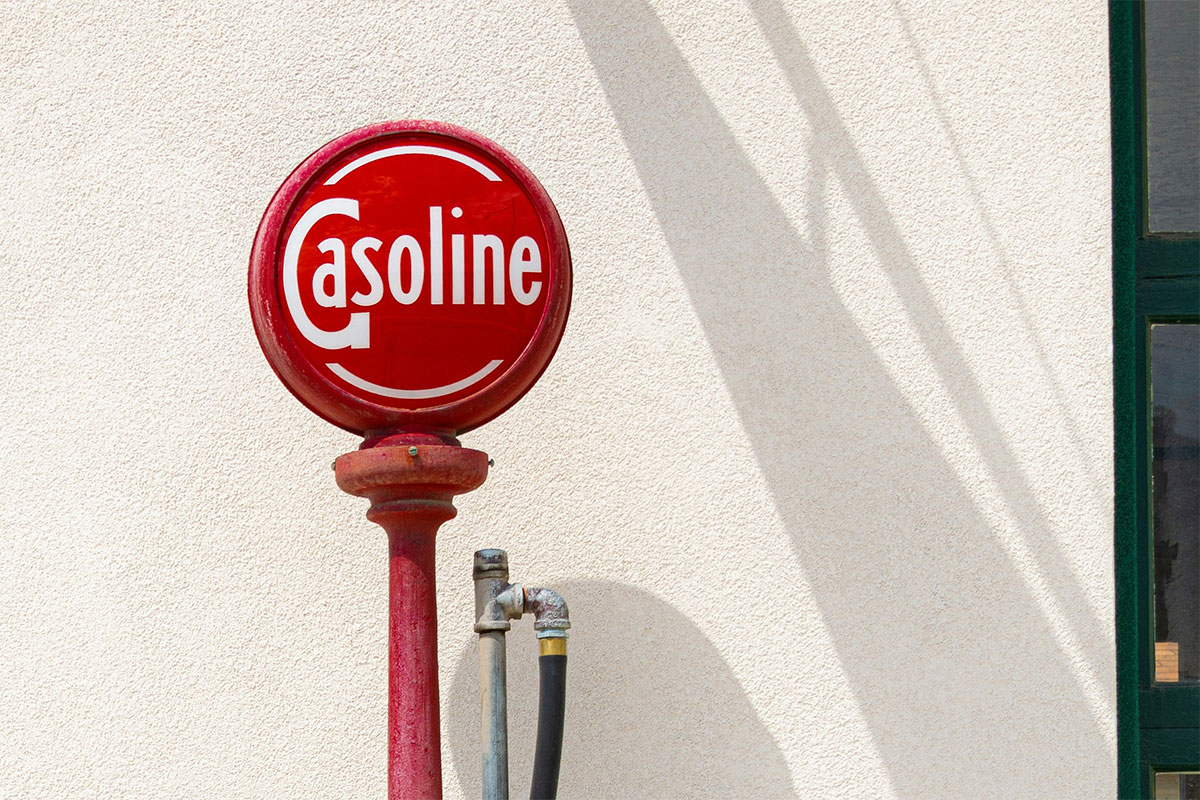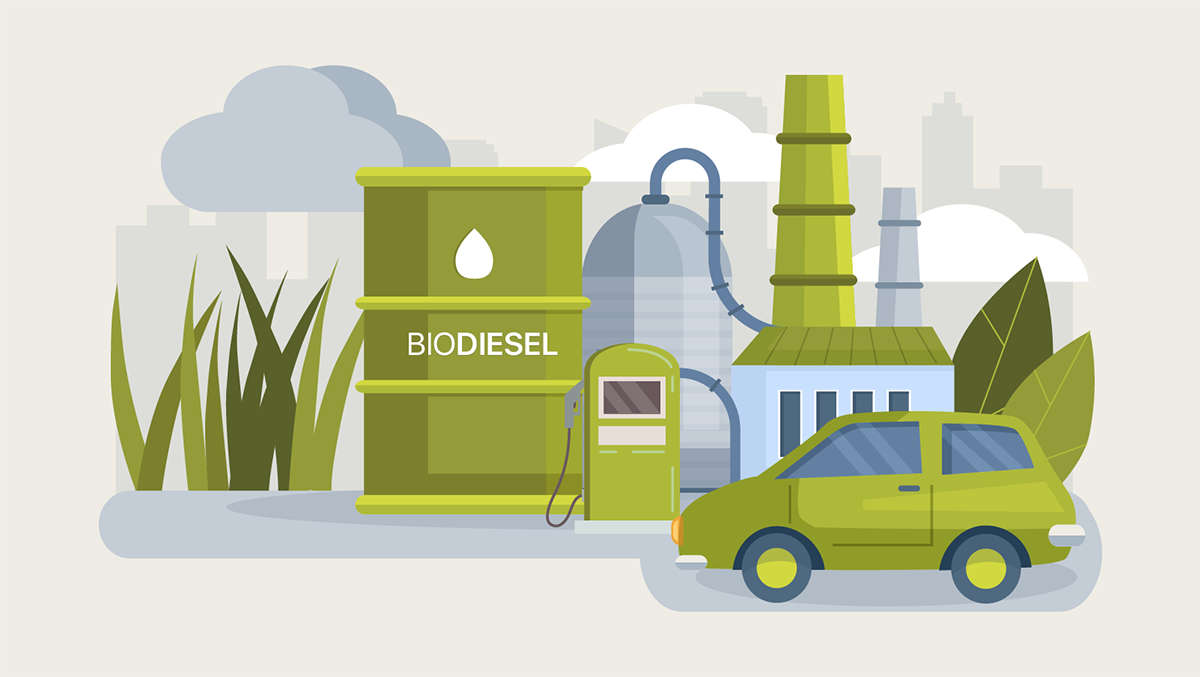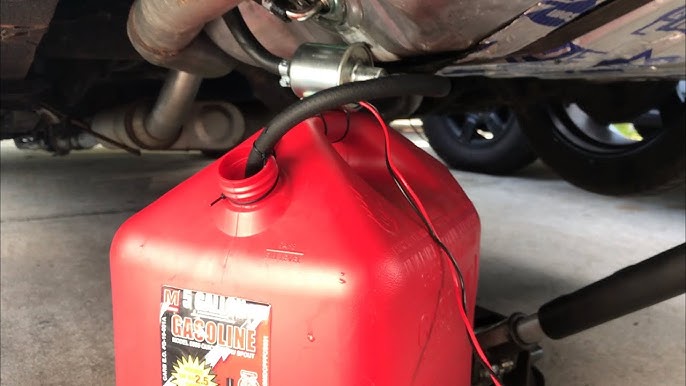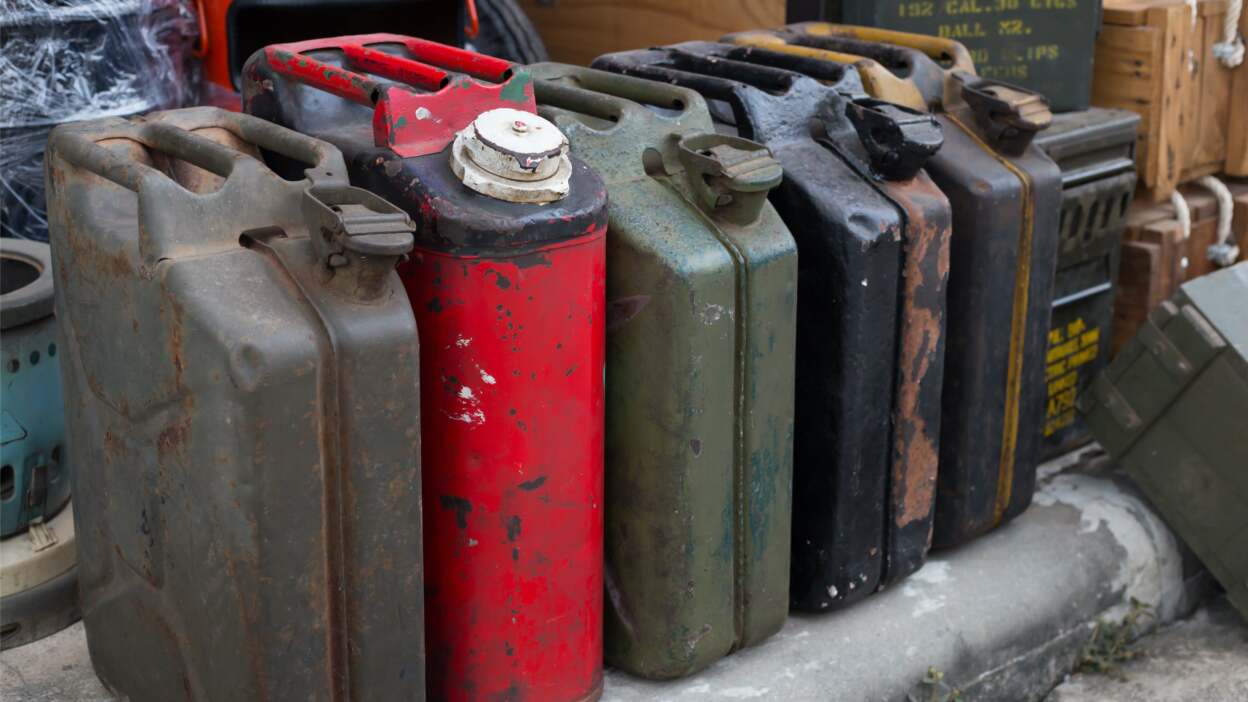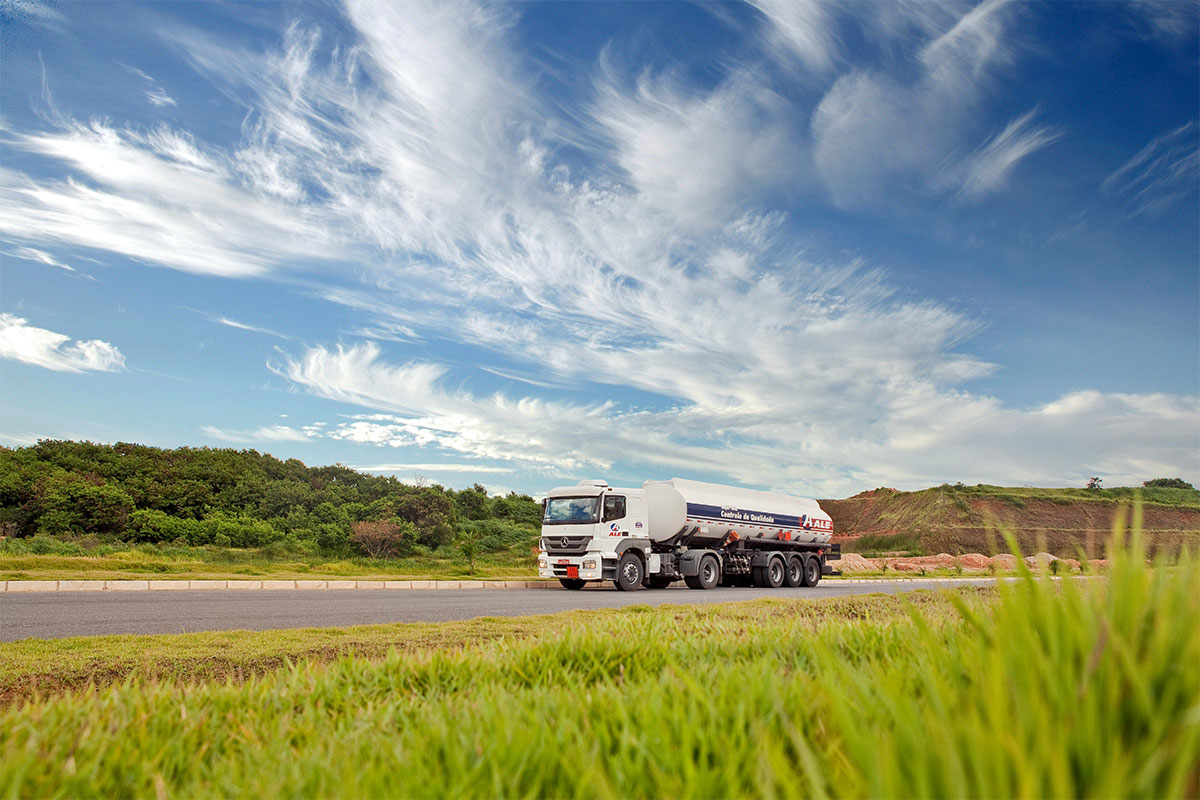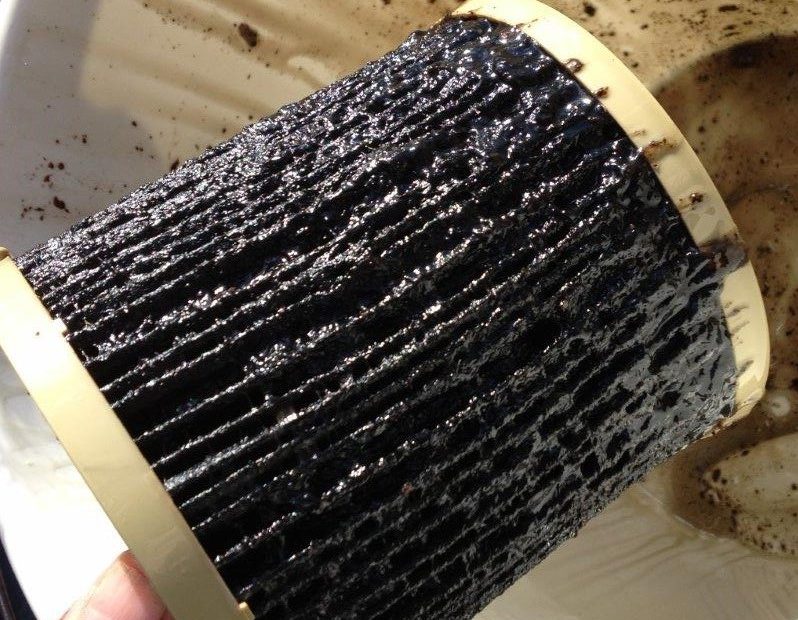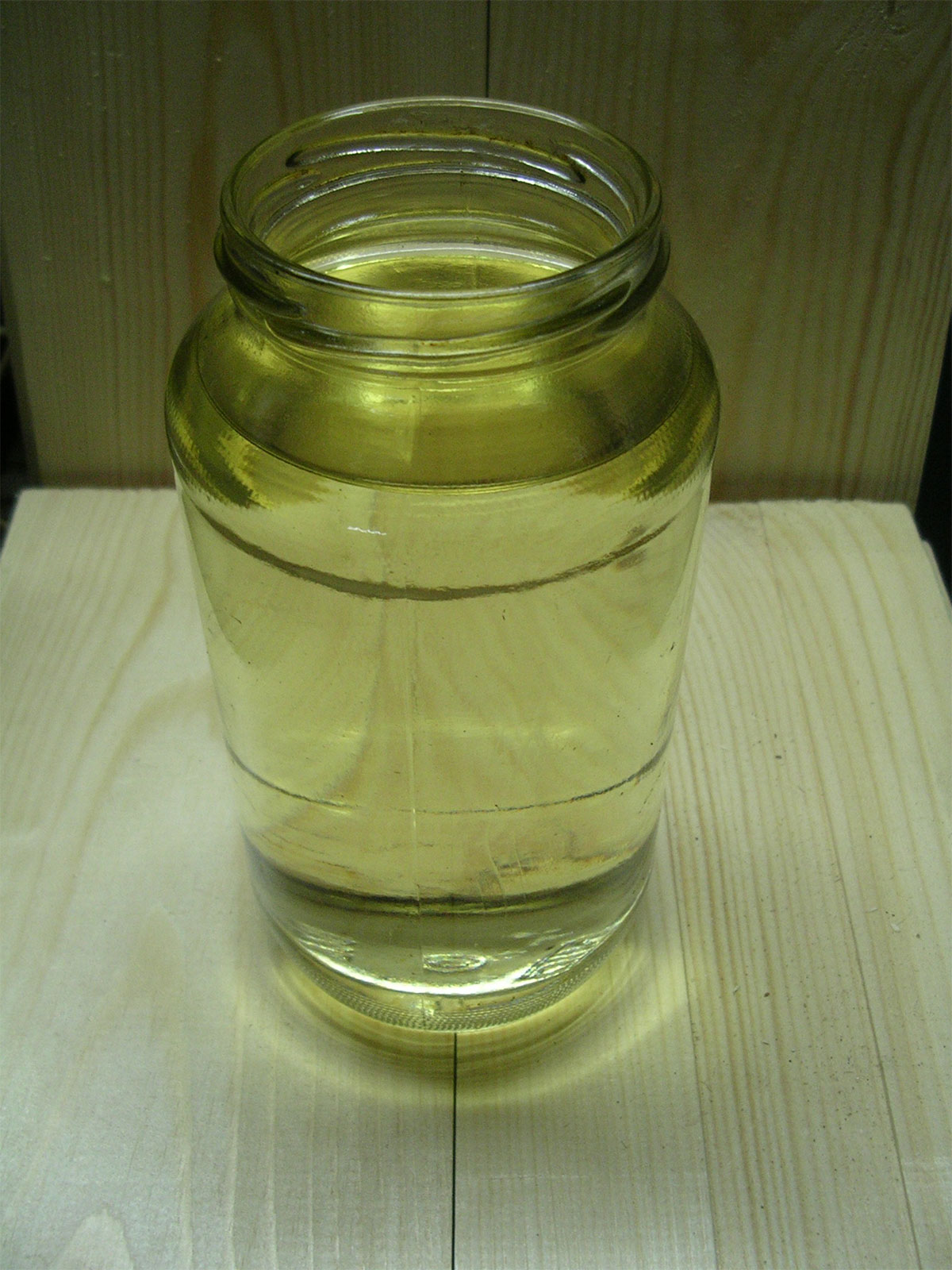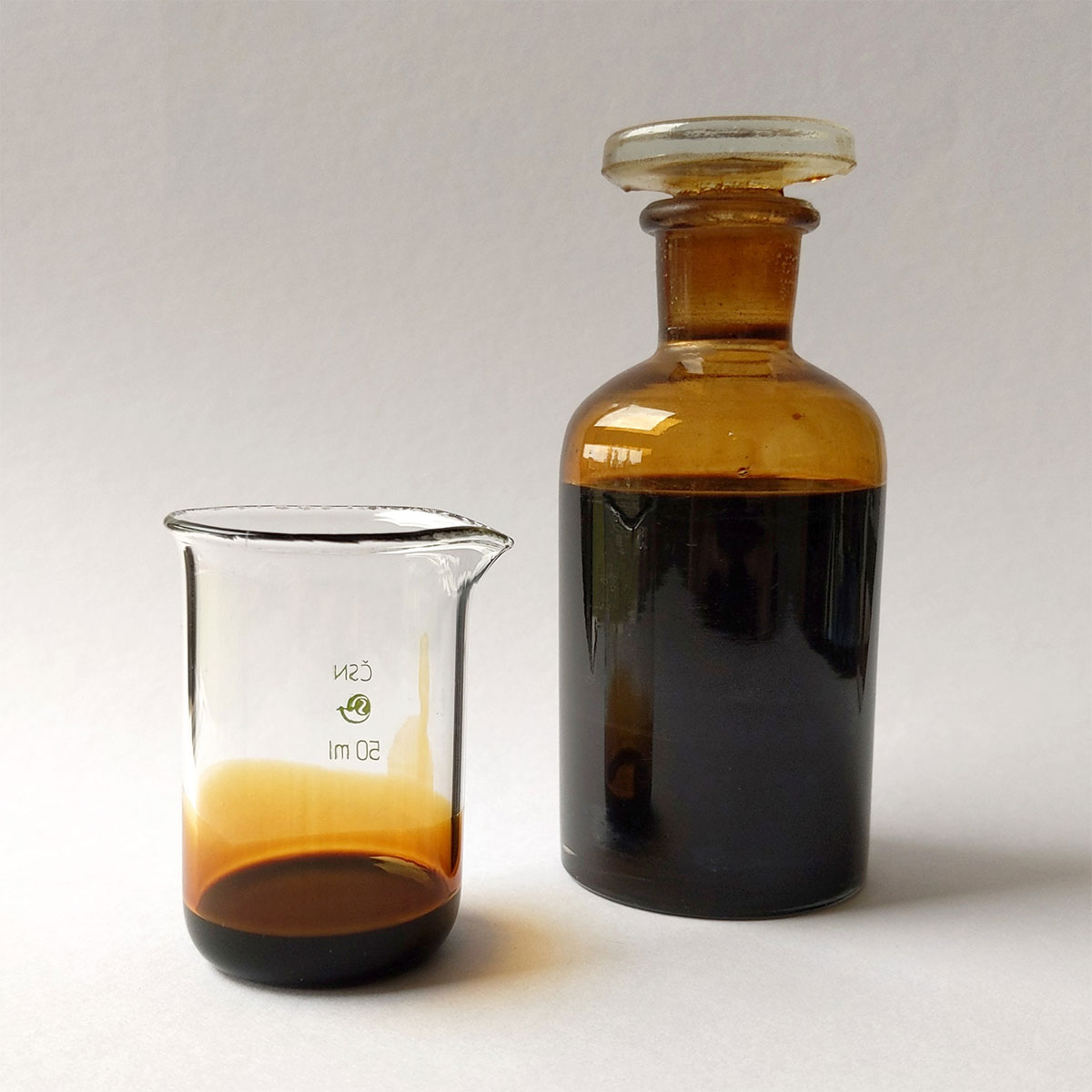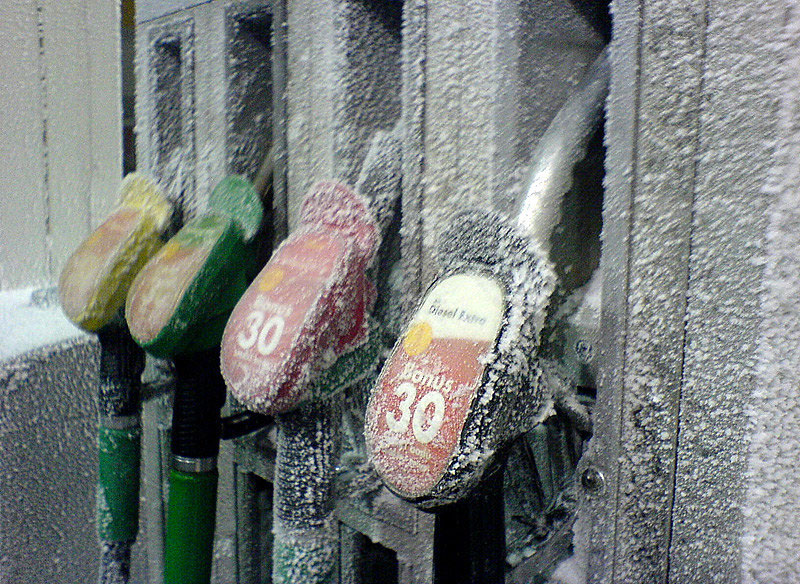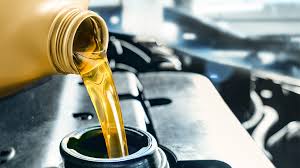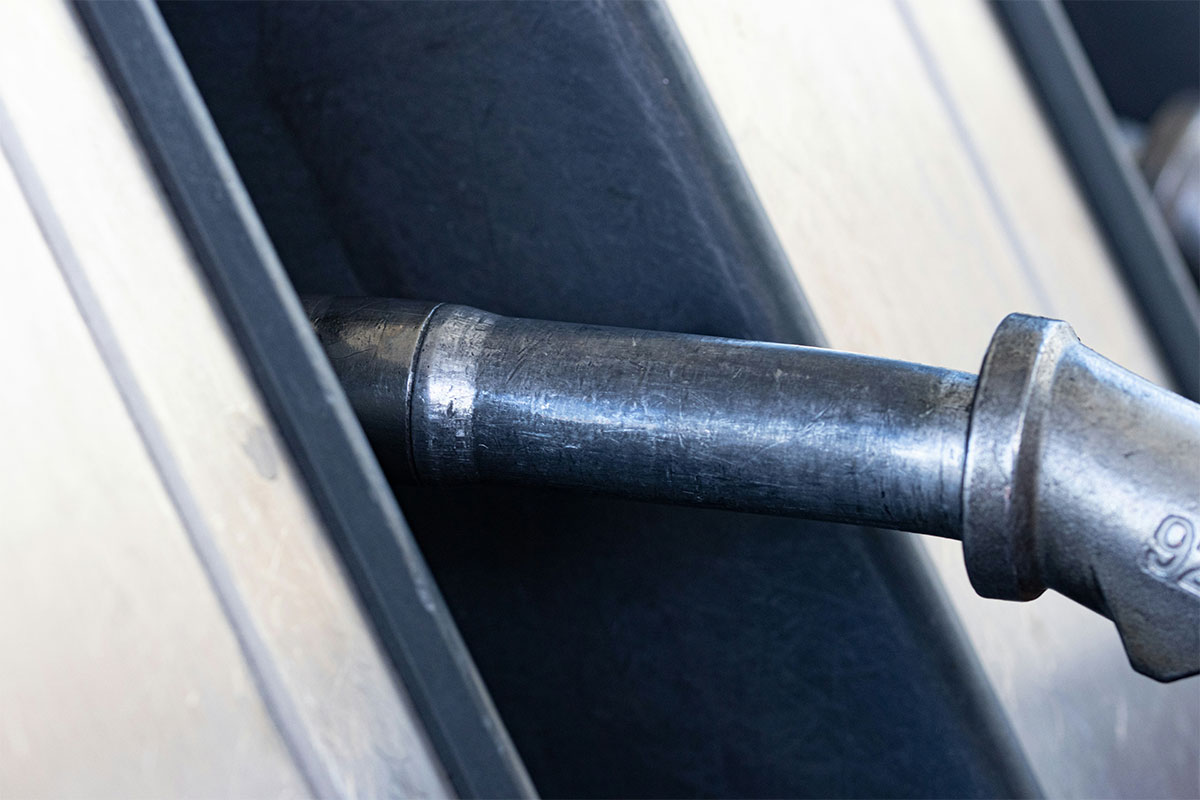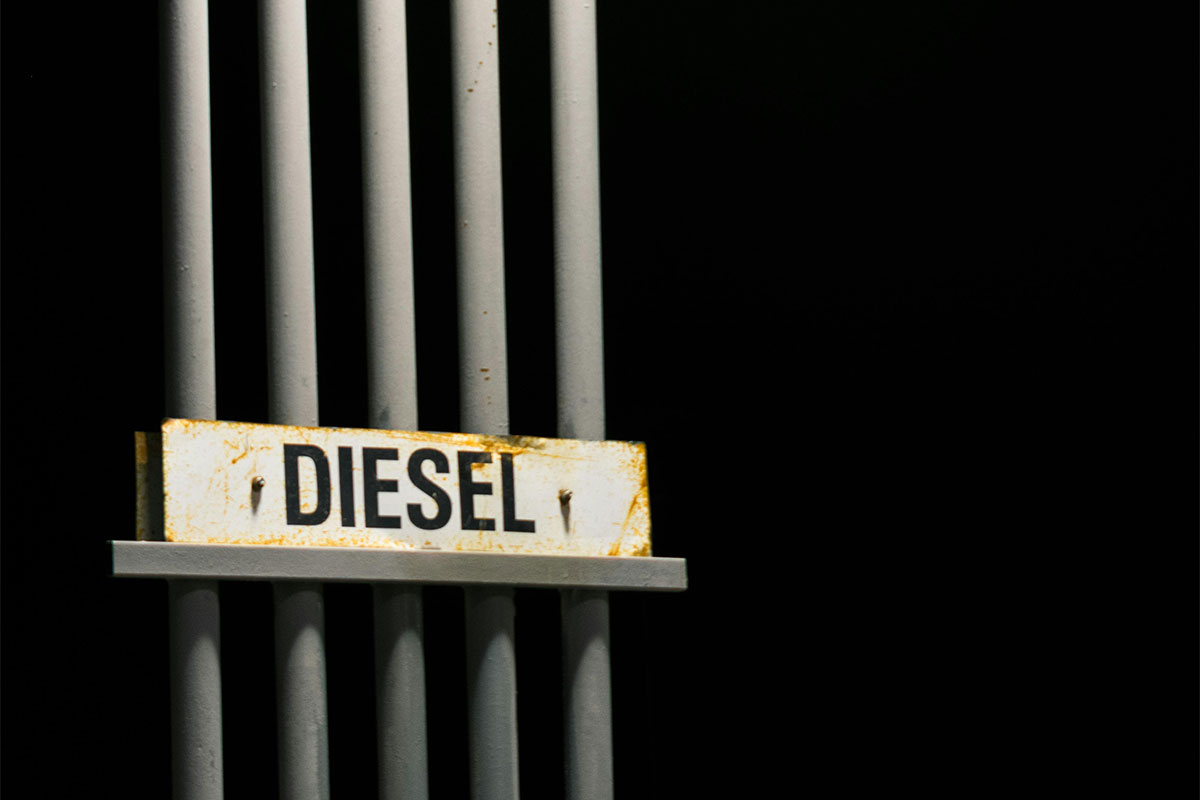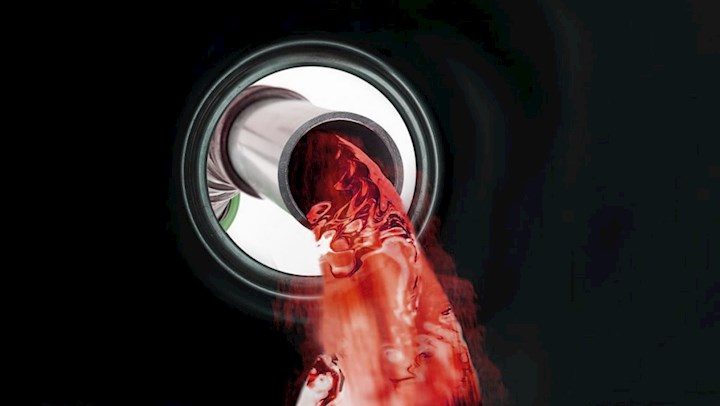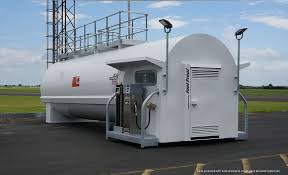Key Takeaways
- Limited kerosene in a diesel engine use is sometimes possible, but uncontrolled use increases wear and risk.
- Mixing kerosene with diesel is acceptable only within OEM and regional winter blend guidelines.
- Kerosene and diesel are different in lubricity, density and certification, affecting pumps, injectors and emissions systems.
- Misfueling with kerosene in diesel should be managed quickly by draining, refilling and seeking expert advice.
- For safe optimization, use certified products from trusted suppliers such as Elan Fuels and follow OEM plus ASTM or EN standards.
Table of Contents
Can You Run Kerosene In A Diesel Engine?
Running kerosene in a diesel engine is possible but not recommended for modern systems. Older mechanical diesels might tolerate kerosene temporarily. Newer common rail designs need standard diesel’s better lubricity. Using straight kerosene without proper additives increases wear risk. This can cause reduced lubrication injector stress and pump damage. Only use kerosene as an emergency measure. Always confirm fuel specifications and regulations before changing your fuel strategy and if need be, contact experts for safe solutions.
Can You Run Kerosene In A 7.3 PowerStroke Engine?
A Ford 7.3 PowerStroke may tolerate limited kerosene in a diesel engine mix, but manufacturers specify approved diesel grades only. Straight kerosene in diesel engine setups reduces lubricity, stressing injectors and pumps. Using kerosene diesel blends outside guidance risks failures and denied warranty claims. Always follow OEM recommendations and documented winter fuel protocols instead of experimenting with unapproved fuels.
Can You Put Kerosene In A Diesel Engine Without Damage?
Mixing small quantities of kerosene into diesel engines is less damaging when done as part of controlled winter fuel blends. However, filling a diesel system with pure kerosene poses a significant risk. Whether kerosene will harm a diesel engine depends on the injection system design, the sulfur content, and the fuel’s lubricity. Modern pumps and injectors rely on specific diesel properties that straight kerosene cannot match. Reduced film strength increases the chance of wear, seizing, and component failure. Limited use of a kerosene and diesel mix might be acceptable in extremely cold conditions following the original equipment manufacturer’s guidance. For typical fleets, it is essential to drain any significant incorrect fueling. Refill the tank with on-specification diesel and seek expert advice immediately to protect hardware and maintain operation. Never assume kerosene and diesel are the same. Always record any fueling incident for maintenance tracking and warranty documentation.
Put Kerosene In Your Diesel By Mistake?
If your tank has been filled with kerosene or an incorrect diesel-kerosene mix, acting fast can save your injectors, pumps, and warranty. Our technical team will help you assess the risk, decide whether to drain, dilute, or treat, and map an OEM-safe recovery plan.
Does Using Kerosene Void A Diesel Engine Warranty?
Most OEMs list non-approved fuels like straight kerosene in a diesel engine as grounds for rejecting claims. If service records or samples show unapproved kerosene diesel usage, components such as injectors and pumps may be excluded from warranty coverage. Always review your manual, keep invoices for compliant fuel and seek written guidance before altering diesel kerosene mix ratios.
Can A Diesel Engine Run On Kerosene Long-Term?
Running a diesel engine run on kerosene for extended periods is generally unsafe. The reduced lubricity in kerosene diesel blends quickly accelerates wear on injectors pumps and seals particularly in high pressure systems. While some older equipment or heaters once used kerosene in diesel style fuels modern engines with tight tolerances and emission controls require proper diesel quality. Long exposure can increase maintenance costs carbon buildup and cause hard starting. Instead of attempting to convert kerosene to diesel use certified cold flow additives or seasonally blended fuels from reliable suppliers. Operating a kerosene in a diesel engine experiment long term shifts risk entirely to the operator.
Will A Diesel Engine Run On Kerosene In Cold Weather?
In cold climates, mixing kerosene with diesel helps prevent gelling and improves fuel flow. This is the reason regulated winter diesel blends exist. A diesel engine run on kerosene alone may start better in low temperatures. However, extended use without appropriate lubrication additives significantly increases engine wear. Using kerosene in diesel at carefully controlled ratios, along with Original Equipment Manufacturer approved additives, can support reliable cold starts while protecting internal components. Avoid improvised diesel kerosene mix ratio guesses. Too much kerosene in a diesel engine weakens its protective properties. Instead, use certified winter diesel which adheres to EN and ASTM guidelines for cold weather performance.
Need A Safe Winter Diesel Or Kerosene Blend?
Winter gelling, hard starts, and improvised kerosene mixes can cripple fleets. We’ll help you choose certified winter diesel, correct kerosene blend ratios, and approved additives that meet ASTM/EN specs while protecting modern high-pressure systems.
How Much Kerosene Can Be Mixed With Diesel Safely?
- For moderate cold, fleets often use a diesel kerosene mix ratio near 80% diesel and 20% kerosene in diesel, when it is OEM approved.
- In severe colds, some applications move toward 50%, mixing kerosene with diesel, plus lubricity additives, but excessive kerosene in a diesel engine raises wear risk.
- Never exceed manufacturer guidance, and avoid internet myths on how much kerosene to mix with diesel or home recipes using random kerosene diesel blends without testing.
- For safety, treat these figures as educational only. Use certified winter fuels, consult engine documentation and sample fuel periodically. This approach reduces downtime, failures and penalties.
Can You Mix Kerosene And Diesel In One Tank?
Yes, can you mix kerosene and diesel, it is common in winter diesel programs, using engineered diesel kerosene mix ratio guidelines. Controlled mixing kerosene with diesel lowers gelling while maintaining lubrication. Problems arise when users improvise kerosene in diesel blends without additives or OEM approval. Always follow local standards and buy preblended fuel from reputable suppliers for predictable performance and reliability.
What Happens If You Put Kerosene In A Diesel Engine Accidentally?
- If a tank is mostly kerosene in diesel, avoid starting the engine. Arrange a drain and refill with on spec diesel immediately.
- If a small amount of kerosene in a diesel engine was added, top up fully with diesel to restore lubrication and monitor for noise or hard starting.
- In all misfueling cases, record the event, check filters and consult OEM or ElanFuels advisors before continued operation on any kerosene diesel mix.
- Never attempt to convert kerosene to diesel with additives or gasoline. Such combinations exceed design assumptions, can cause injector seizure, poor combustion, safety hazards and denied warranty support, especially on high value common rail equipment and aftertreatment systems. Immediate professional guidance limits damage risk effectively
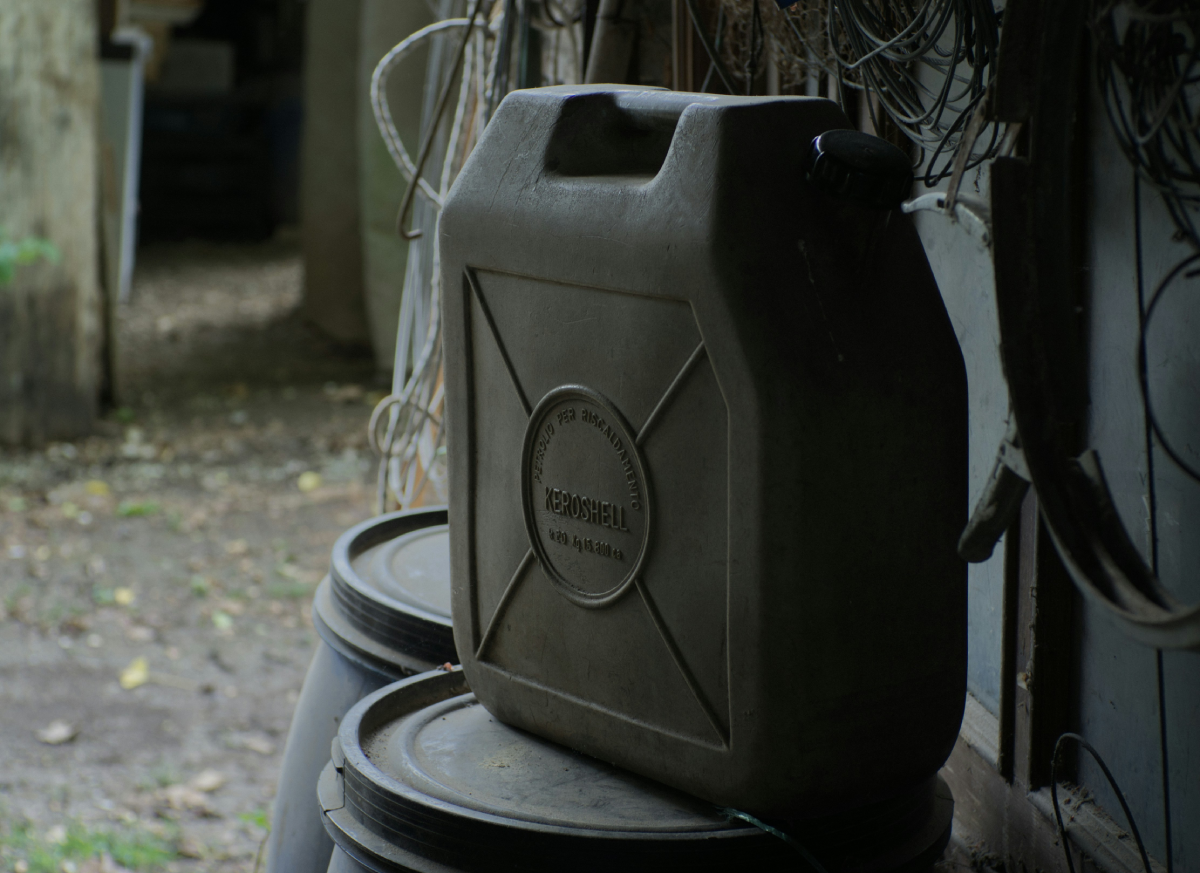
Is Kerosene And Diesel The Same Type Of Fuel?
| Property | Kerosene and Diesel Comparison |
|---|---|
| Refining cut | Kerosene and diesel come from middle distillates, but diesel is heavier with higher lubricity. |
| Energy content | Standard diesel usually provides slightly higher BTU per liter than kerosene diesel blends. |
| Lubricity | Diesel protects pumps and injectors better than straight kerosene in diesel engine use. |
| Cold flow | Mixing kerosene with diesel improves winter performance when ratios follow standards. |
| Design use | Most road engines are certified for diesel only, while kerosene in a diesel engine is restricted to controlled or emergency scenarios. |
| Compliance | Fuel standards like ASTM D975 and EN 590 define diesel specs. Use certified products and avoid homemade diesel kerosene mix ratio approaches that risk engines, emissions systems and regulatory penalties. |
Does Kerosene Clean Diesel Injectors Or Damage Them?
Mixing kerosene into diesel is sometimes wrongly assumed to be a cleaner. However, this practice significantly reduces lubrication. Reduced lubricity can quickly damage injector needles and fuel pumps. Any minor cleaning benefit is outweighed by increased engine wear. Instead of using kerosene diesel mixes, operators should select proven detergent additives. These products must meet OEM specifications and be backed by organizations like ASTM.
Want Expert Guidance Before Using Kerosene In Diesel?
Unsure how much kerosene is safe, what your OEM allows, or how additives fit in? Talk to fuel experts who work with real engines, real standards, and real compliance, not internet myths. Protect your hardware and uptime with data-backed advice.
Is There A Kerosene Additive Specifically For Diesel Engines?
Several winter fuel additives can replicate kerosene’s cold flow benefits in diesel without causing lubrication loss. These are specially engineered treatments, not simple mixing methods. Quality products improve how wax crystals behave, boost the cetane number, and protect engine parts in cold weather. When people ask if they can use kerosene in diesel to prevent gelling, recommend certified cold flow improvers instead. Always check the product data sheets. This ensures compatibility with injection systems, bio blends, storage conditions, and local fuel standards. Responsible additive use maintains operational confidence and protects valuable infrastructure long term.
Can I Run Kerosene In My Diesel Tractor?
Older mechanical tractors sometimes tolerated kerosene in diesel blends, but many modern agricultural engines use sensitive high pressure systems so it is no longer the case. Before asking can you use kerosene in diesel engine setups for tractors, review the manual and local sulfur rules. Unapproved kerosene-diesel operations can shorten pump life and complicate support from dealers or OEMs.
How To Modify Diesel To Improve Cold Flow Like Kerosene
To improve cold weather diesel performance safely, use certified winter diesel fuel, pour point depressants, and anti gel additives. These options provide benefits similar to kerosene without risking engine damage or violating compliance standards. Never add gasoline or solvents to diesel or a kerosene blend. It is essential to continuously analyze the filter plugging temperature and accurately track any diesel kerosene mix ratio. Rely on experienced suppliers like us, who follow industry standards such as ASTM D975 and EN 590. This professional approach protects your injectors, aftertreatment systems, warranty coverage, and overall uptime for vehicles and machinery in harsh climates.
Does Kerosene Burn Hotter Than Diesel In An Engine?
When comparing kerosene or diesel, note that standard diesel usually offers slightly higher energy content per liter. So the answer to “does kerosene burn hotter than diesel in engines” is complex. Flame temperature is similar, but lower lubricity with kerosene in a diesel engine raises hardware stress. Focus on using fuels that meet specifications instead of chasing theoretical heat gains from kerosene diesel mixes. For accurate BTU and performance data, reference trusted sources such as the U.S. Energy Information Administration and manufacturer technical bulletins.
What Would Happen If You Put Diesel In A Kerosene Heater?
Using diesel in heaters designed for specific kerosene or diesel grades is dangerous. Diesel causes excess soot odors deposits and incomplete burning. Safety depends on design not fuel heat. Never mix fuels without manufacturer approval. Misuse risks smoke carbon monoxide and fouled equipment. Follow the manual and prioritize safety and warranty over improper fuel substitution.
Why Use Kerosene Instead Of Diesel In Some Situations?
Aviation heating and specialty needs require specific kerosene or diesel fuels. Kerosene burns cleaner and flows better in cold weather. This is why regulators permit mixing kerosene with diesel for winter road fuels. When considering using kerosene in a diesel engine for cost reasons emphasize design limits lubrication and emissions systems. Use kerosene diesel blends only when standards allow and equipment is approved. ElanFuels ensures clients select compliant products.
What Not To Mix With Kerosene In Diesel Engines?
Never mix kerosene and diesel with gasoline alcohols waste oils or unverified solvents. These combinations can destabilize fuel damage engine seals and overload emission control systems. Avoid adding multiple chemicals to kerosene diesel blends without expert consultation. Ignore suggestions for using household cleaners in diesel engines. Only use products tested to industry standards and approved by Original Equipment Manufacturers. Consult fuel experts or manufacturers before changing critical engine fuel chemistry. Responsible practices prevent failures filter problems safety issues and costly downtime.
